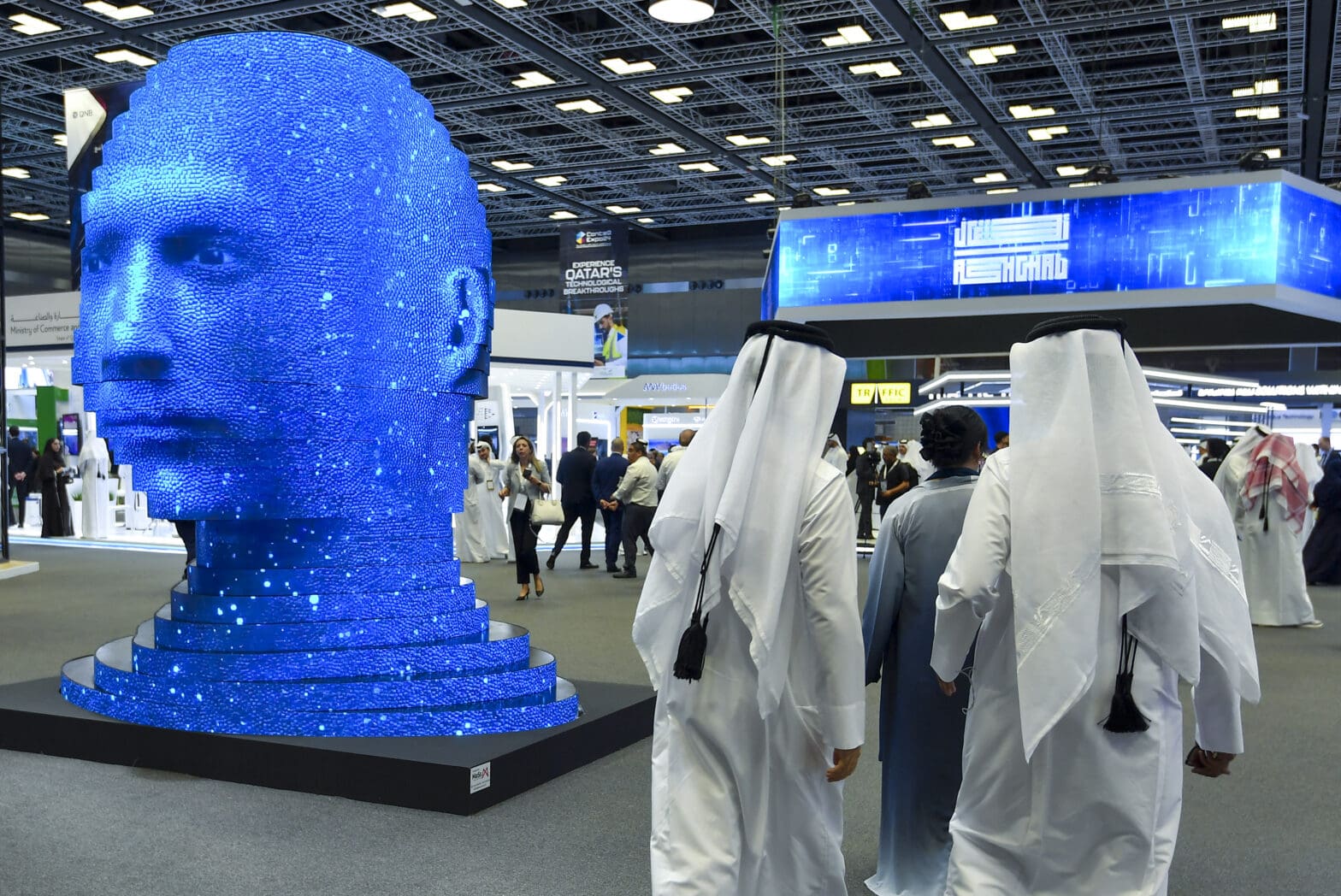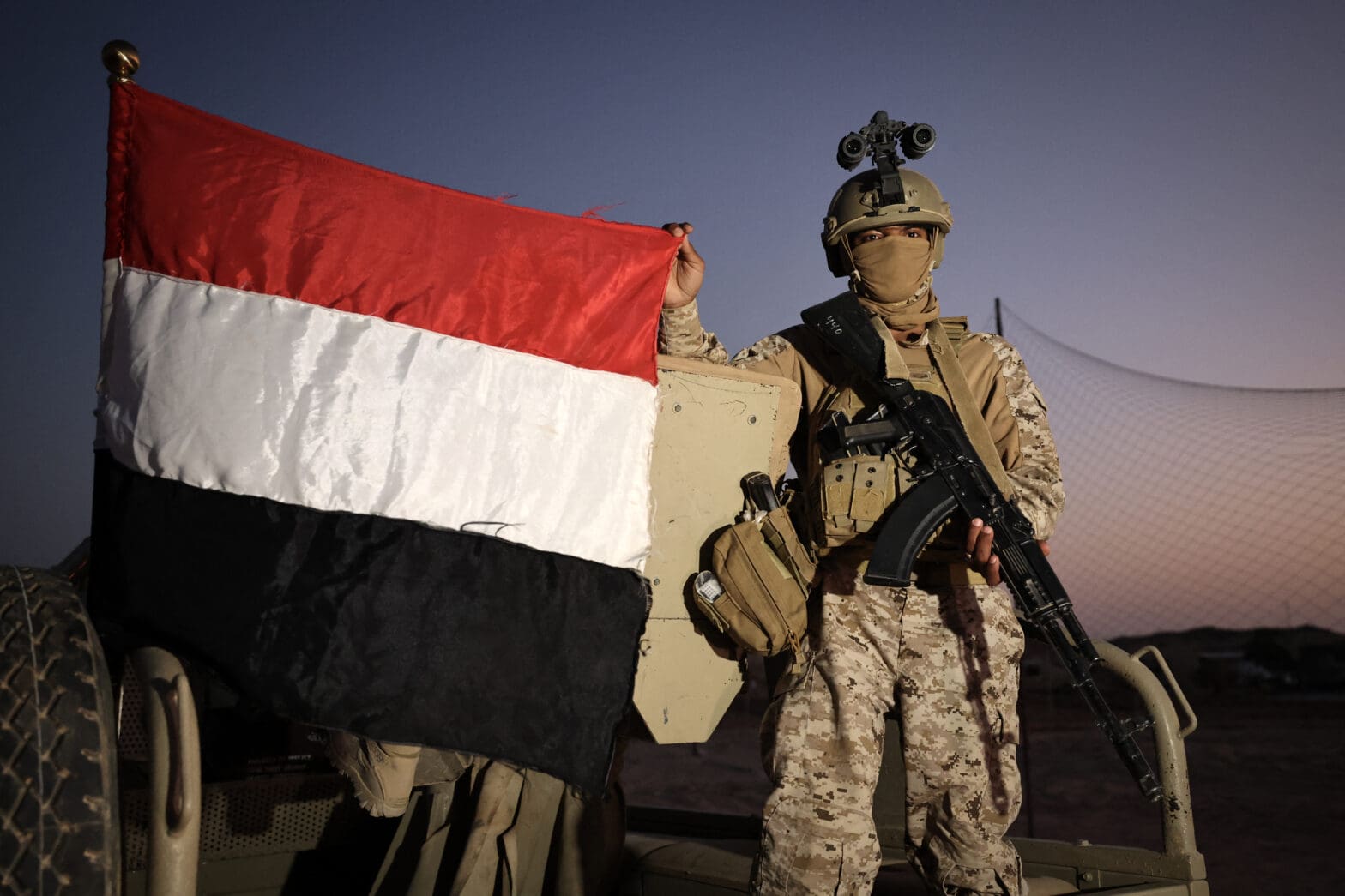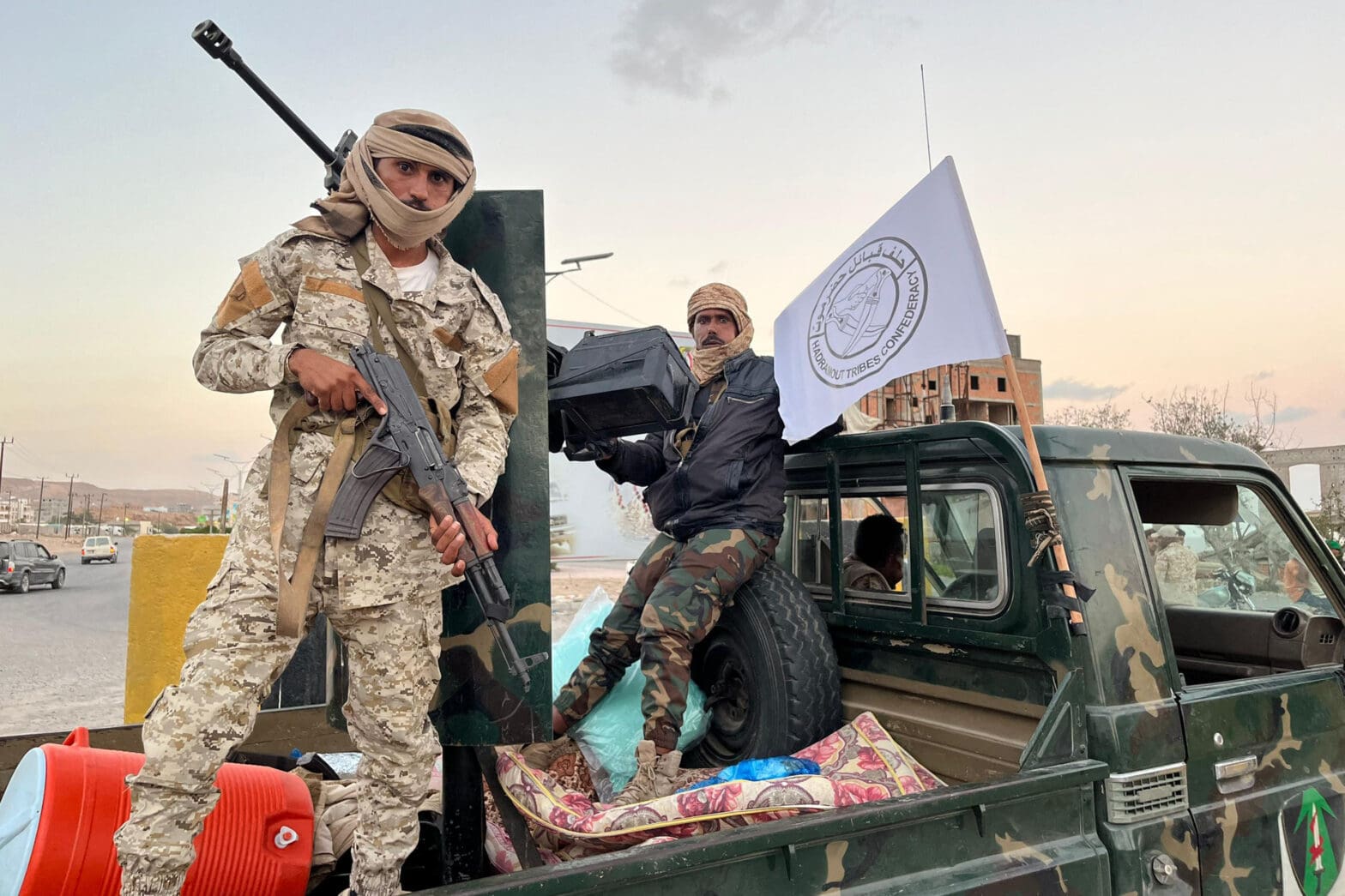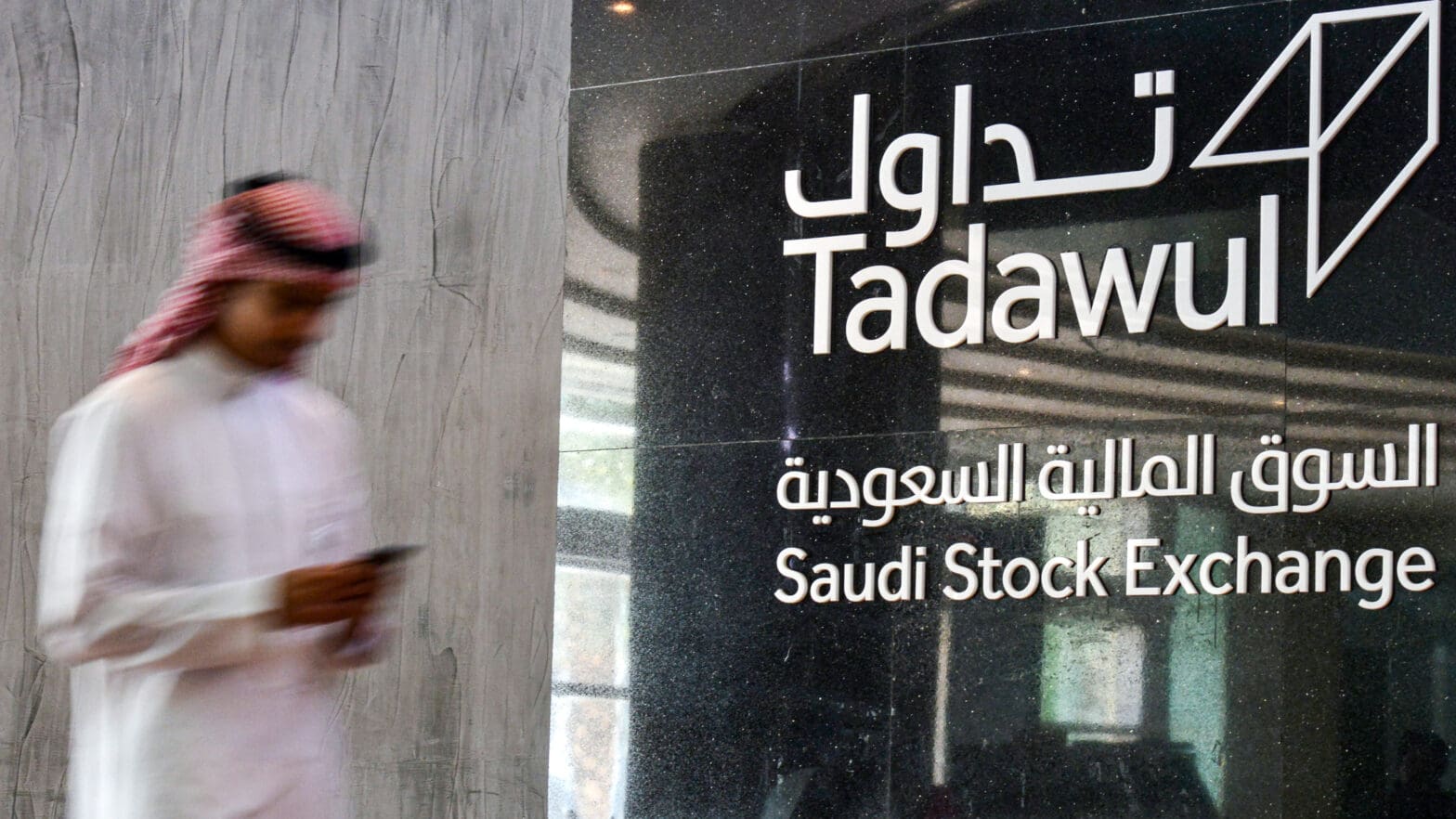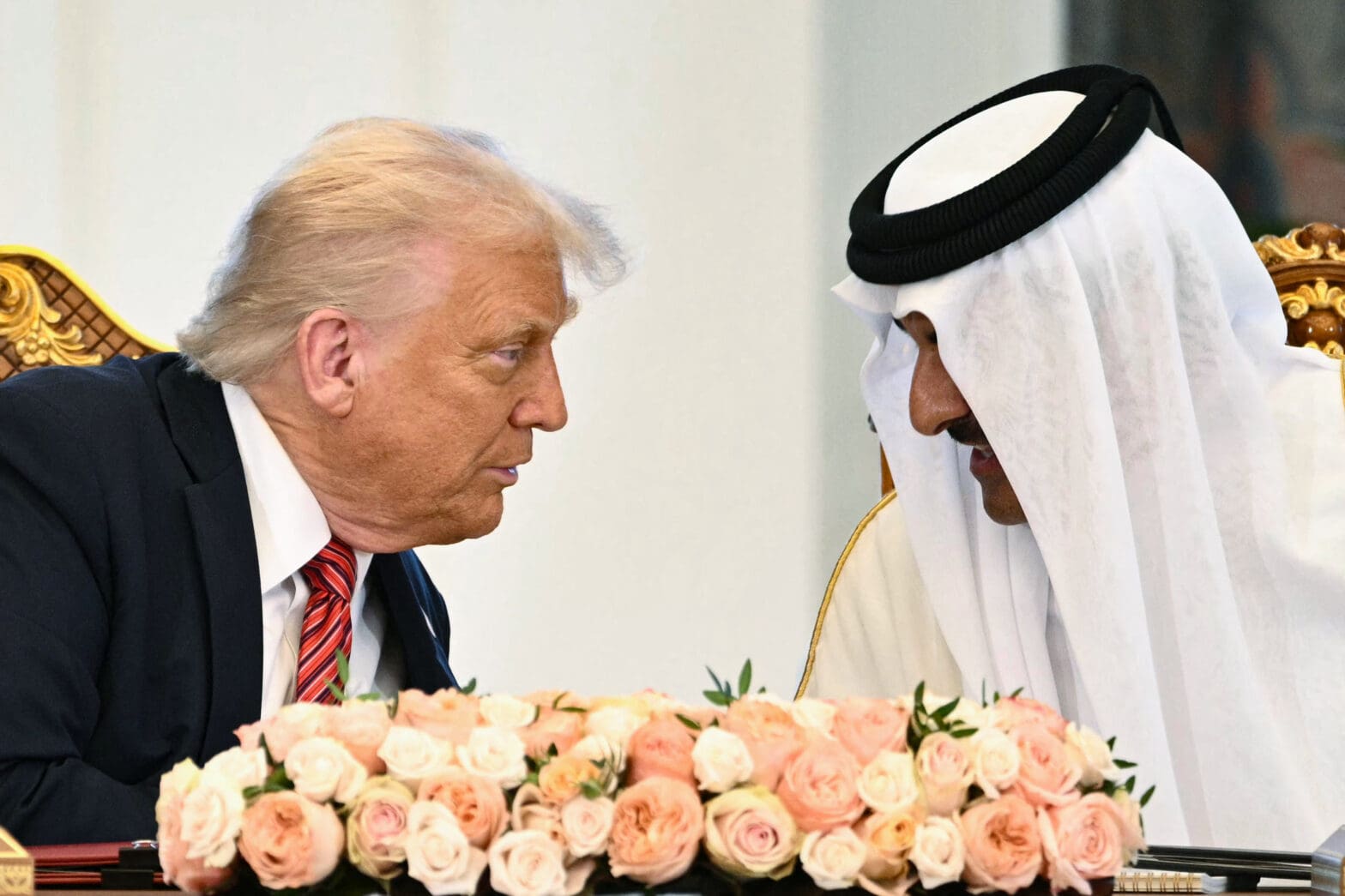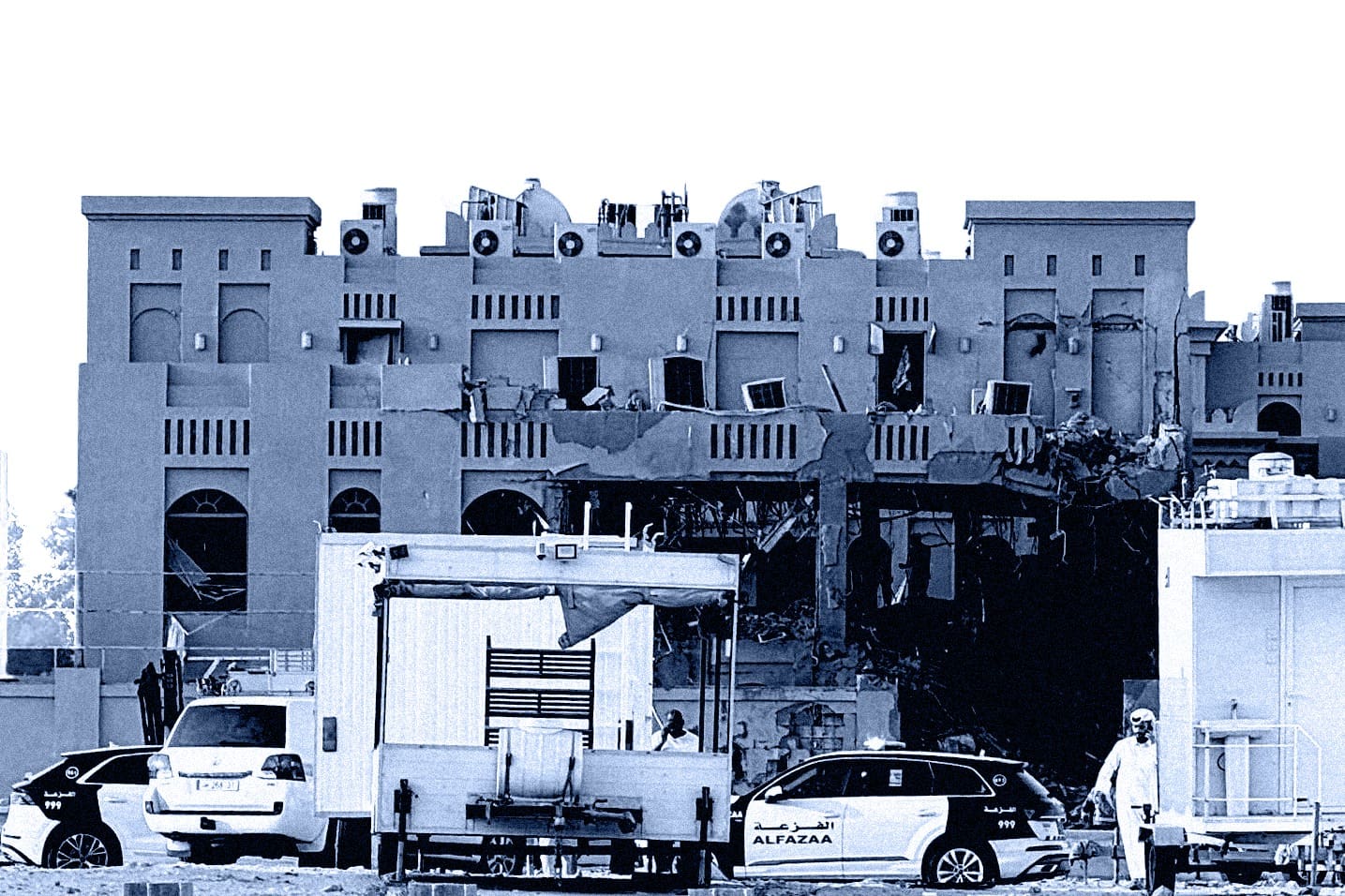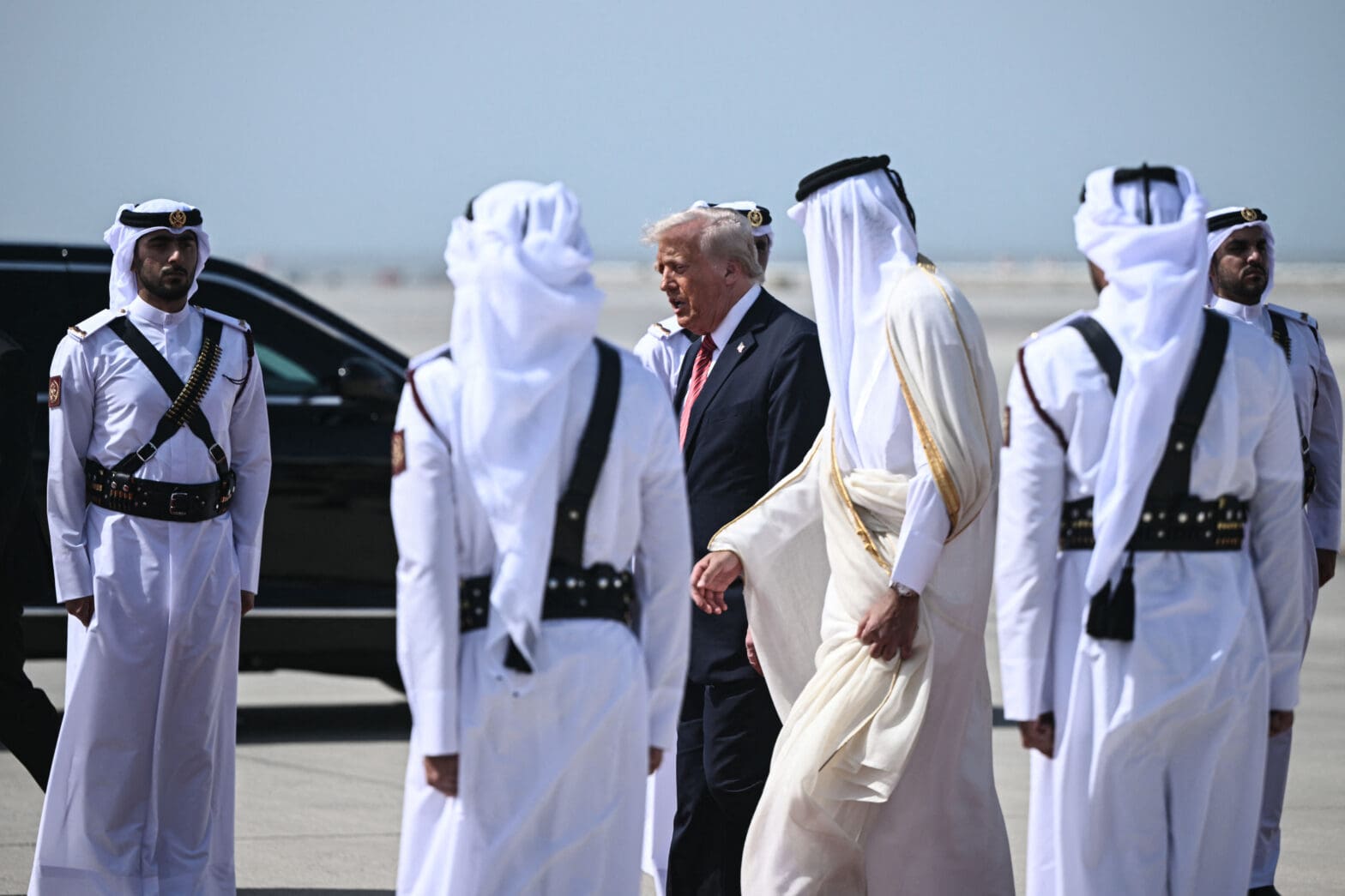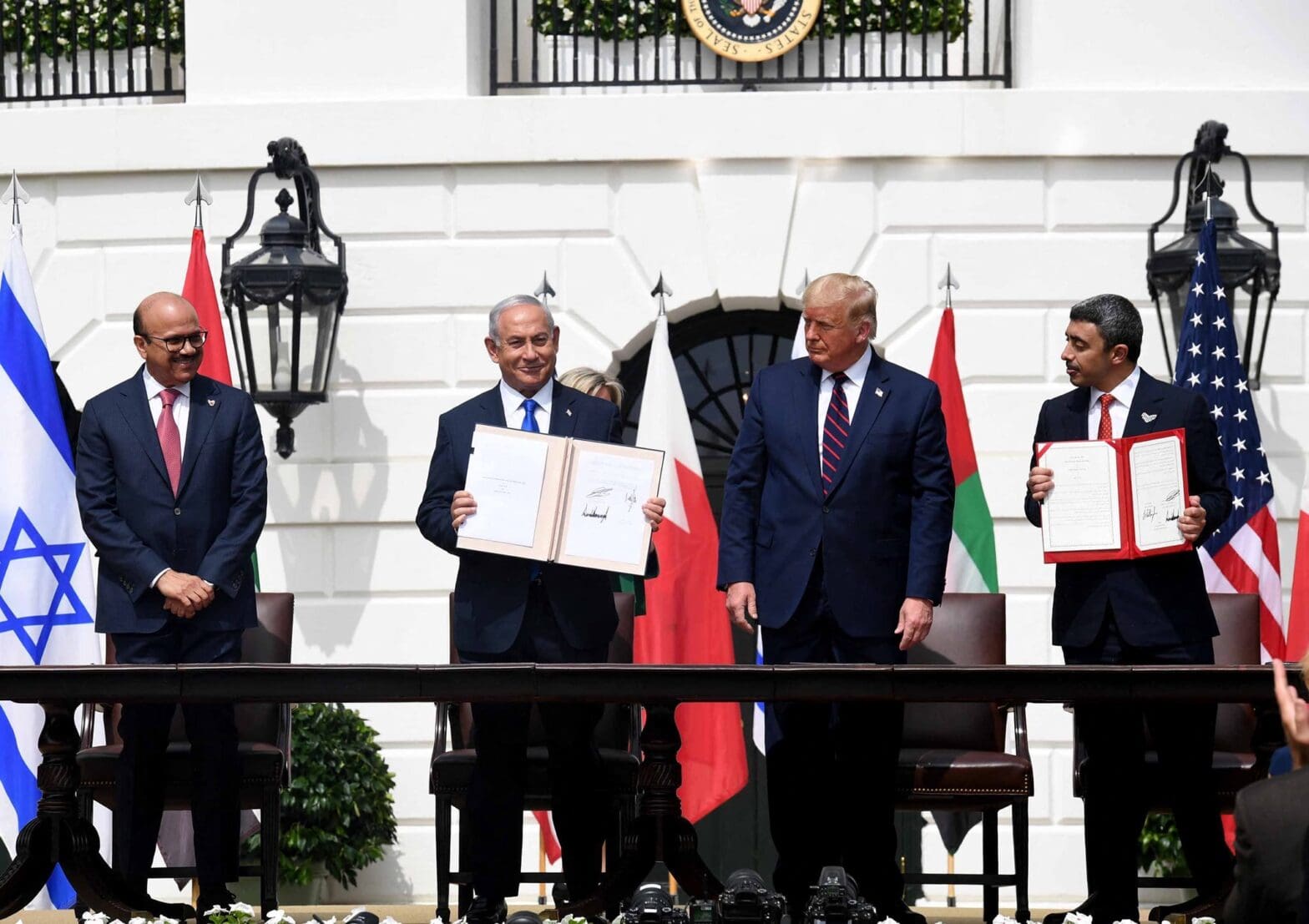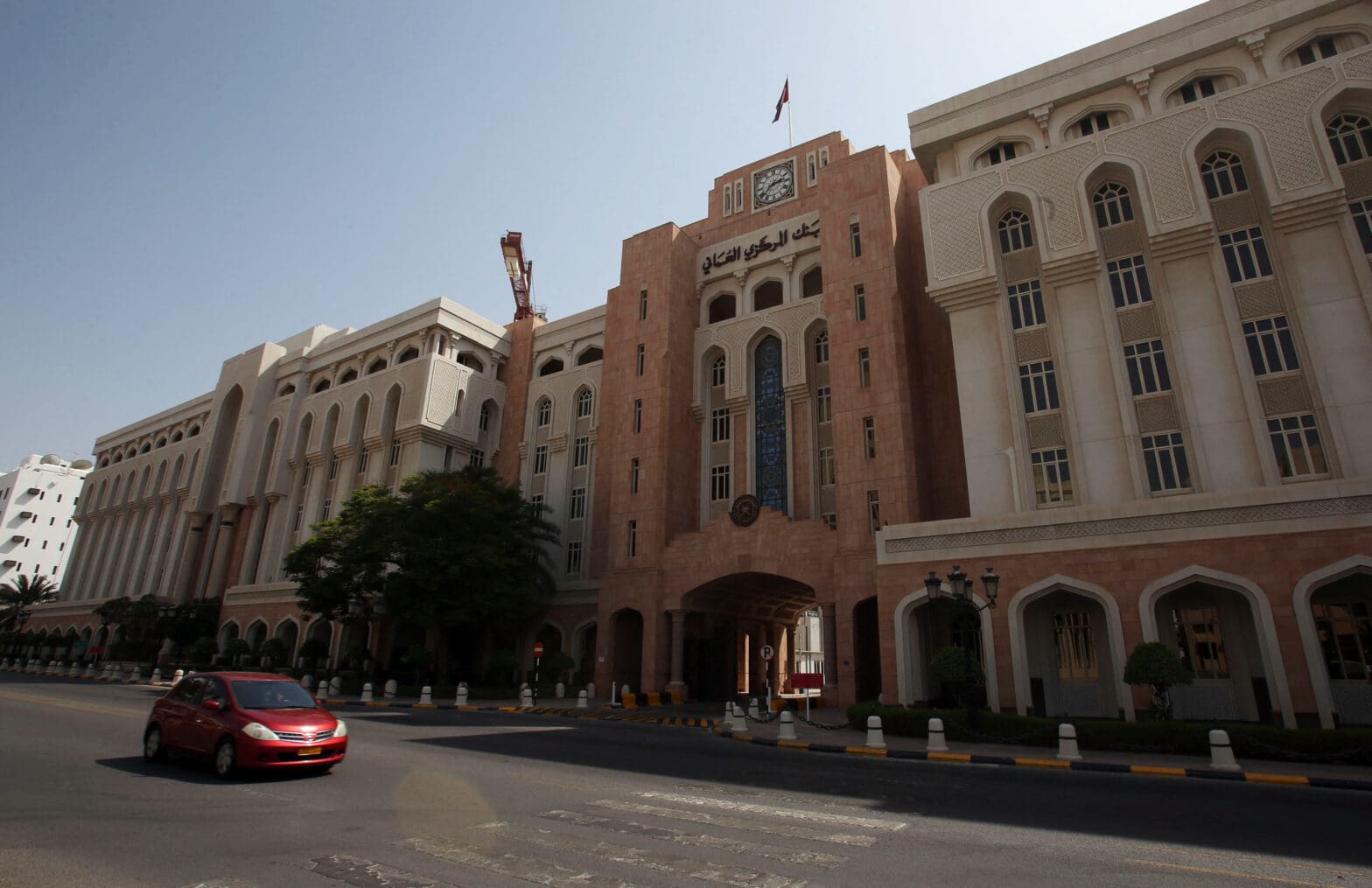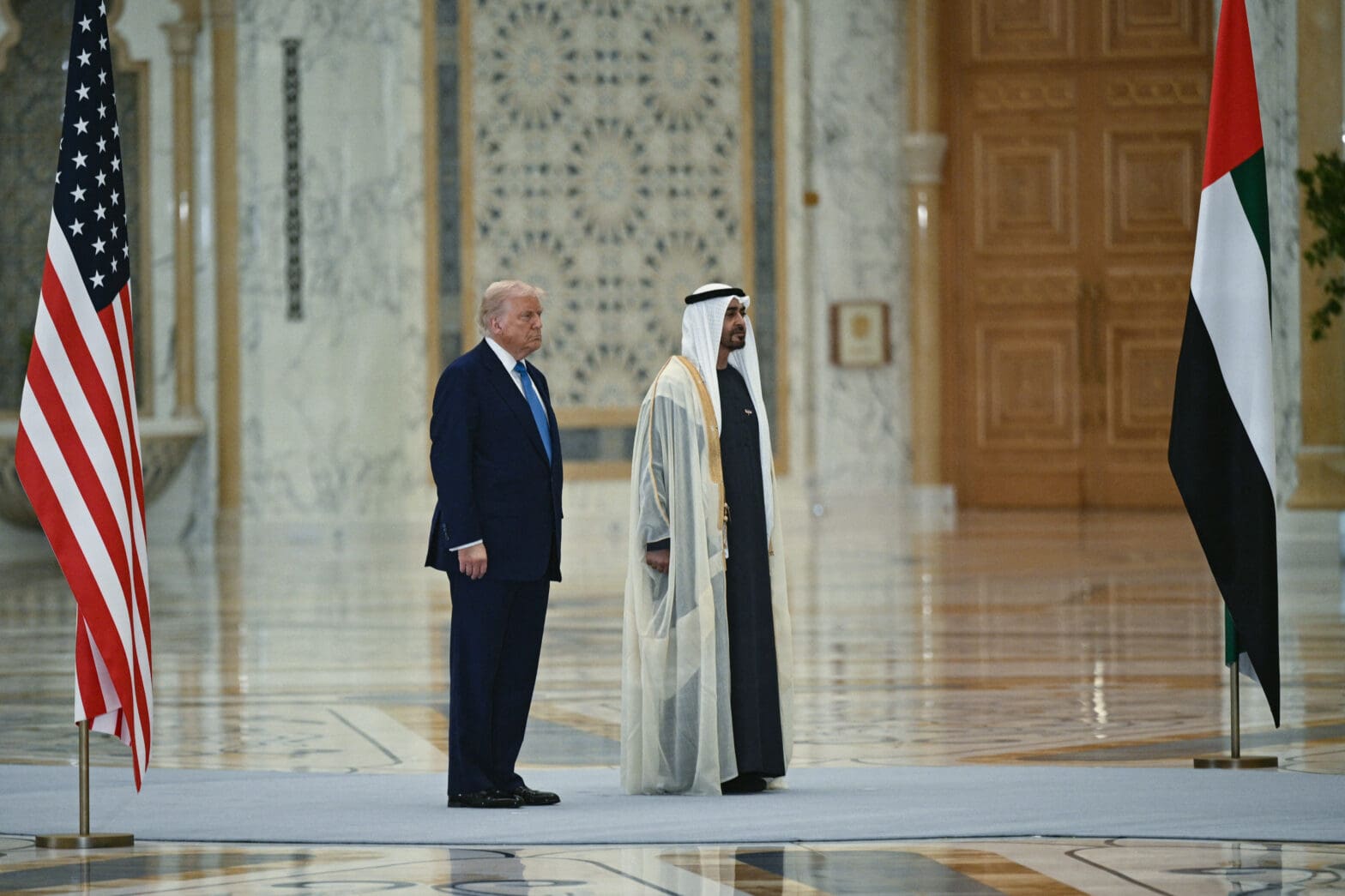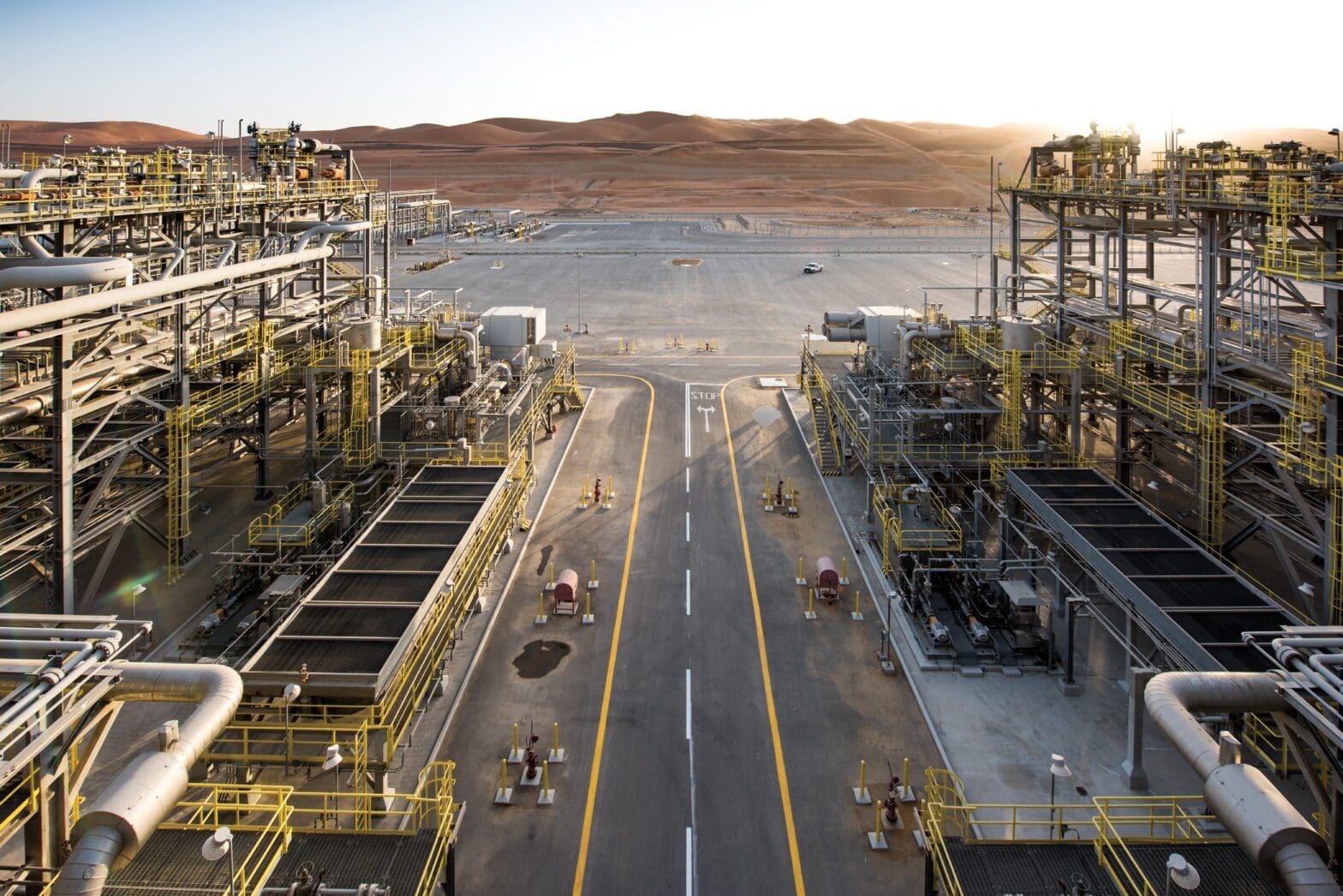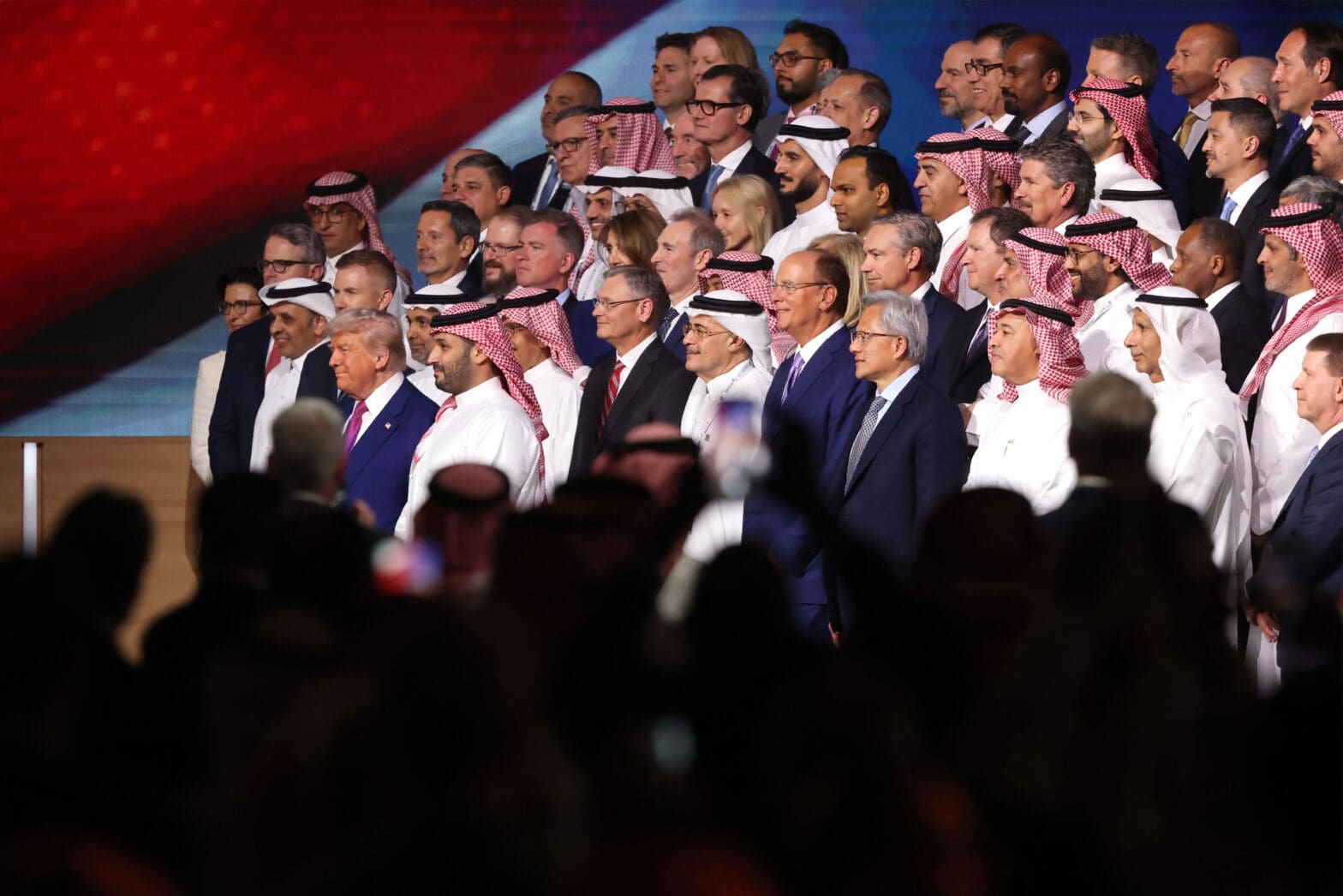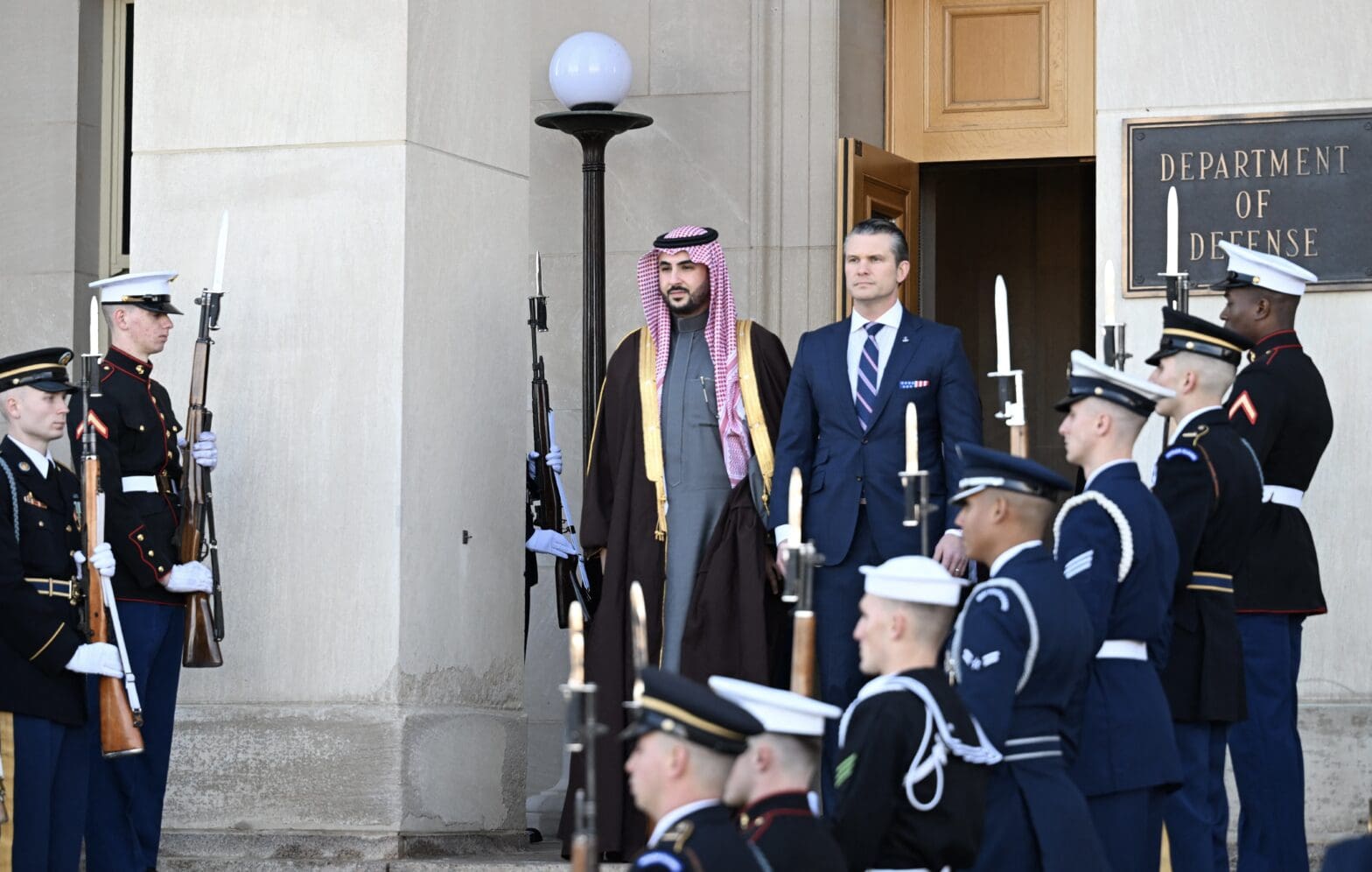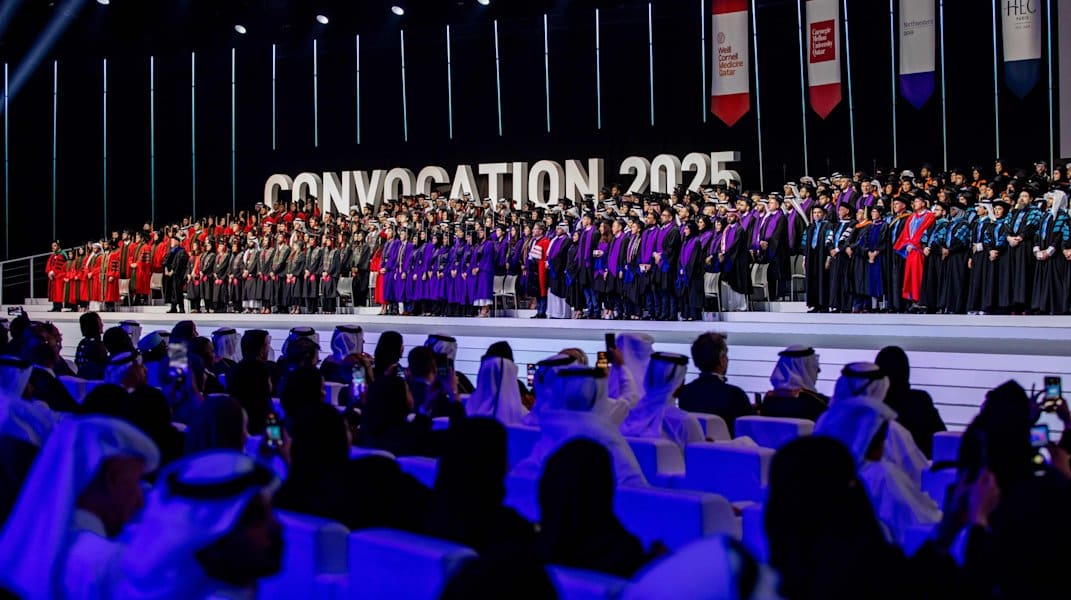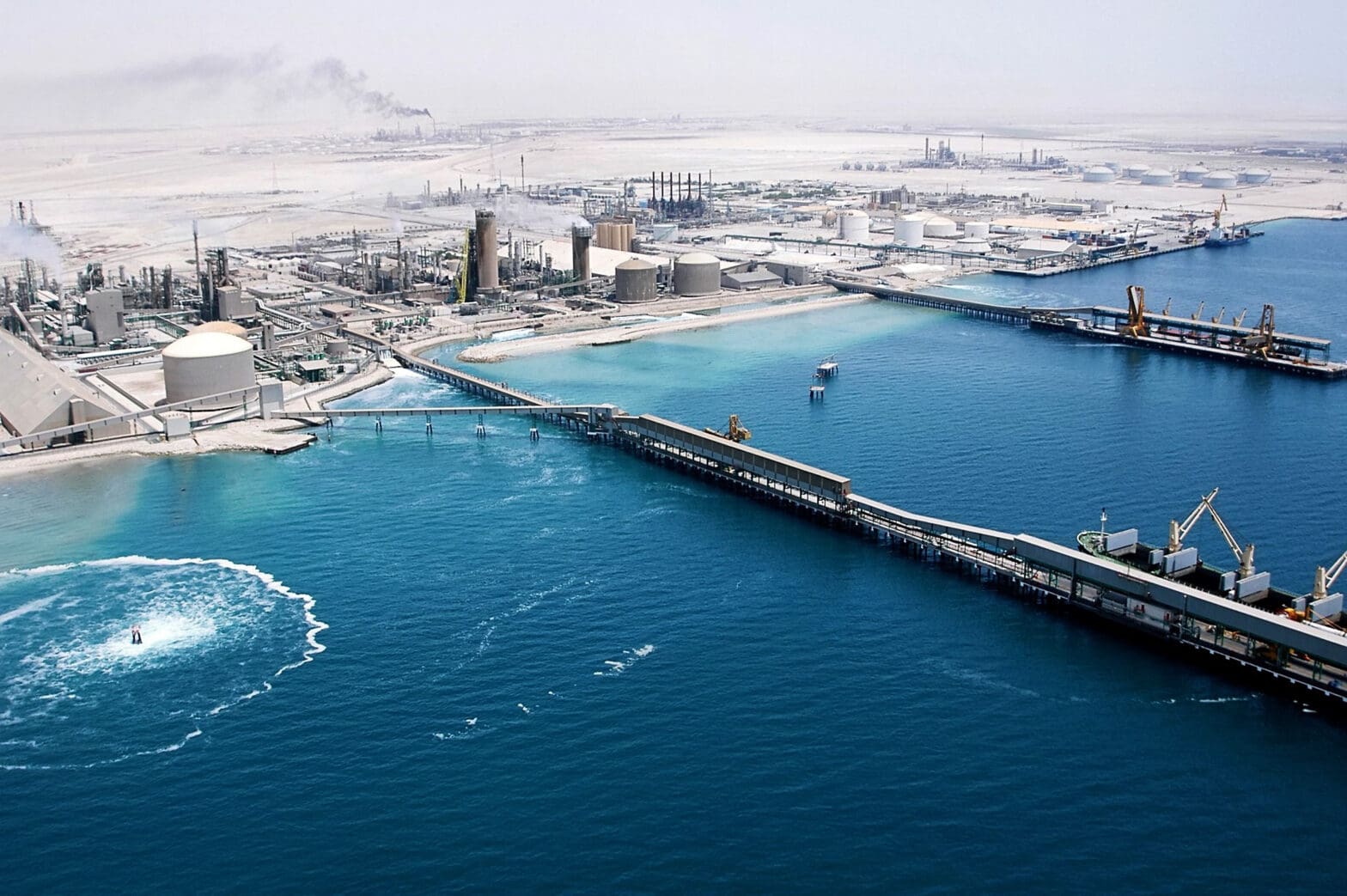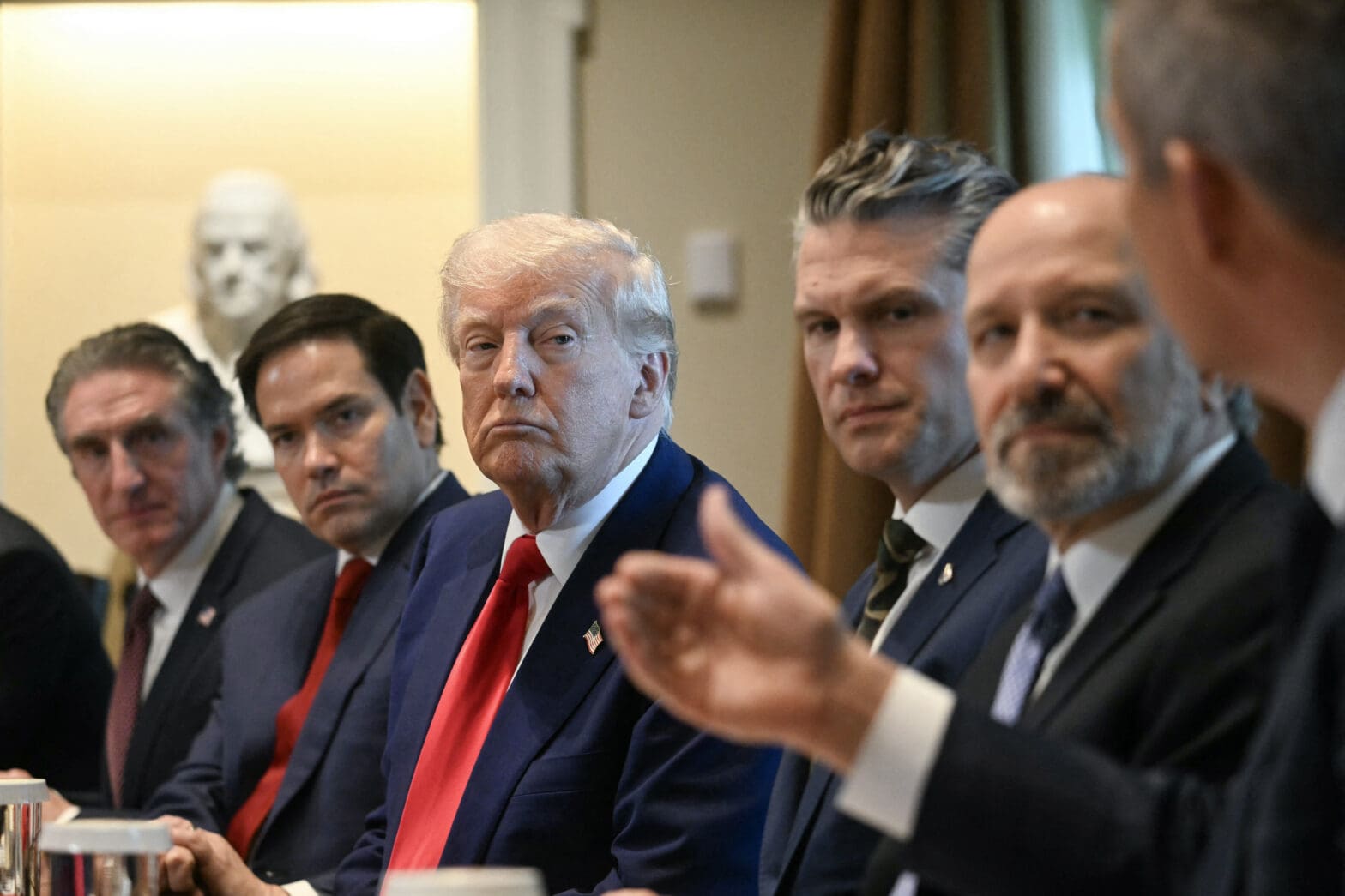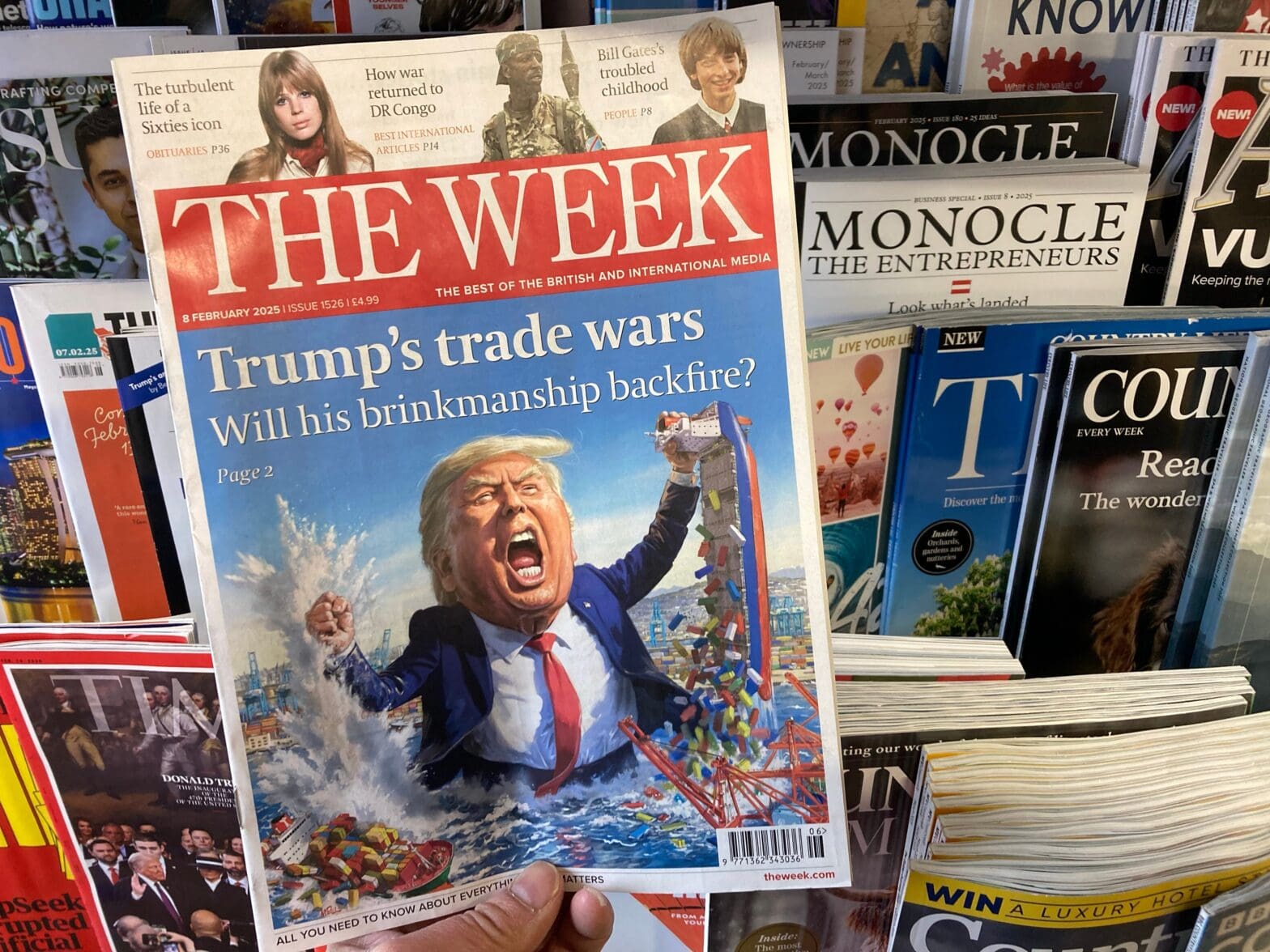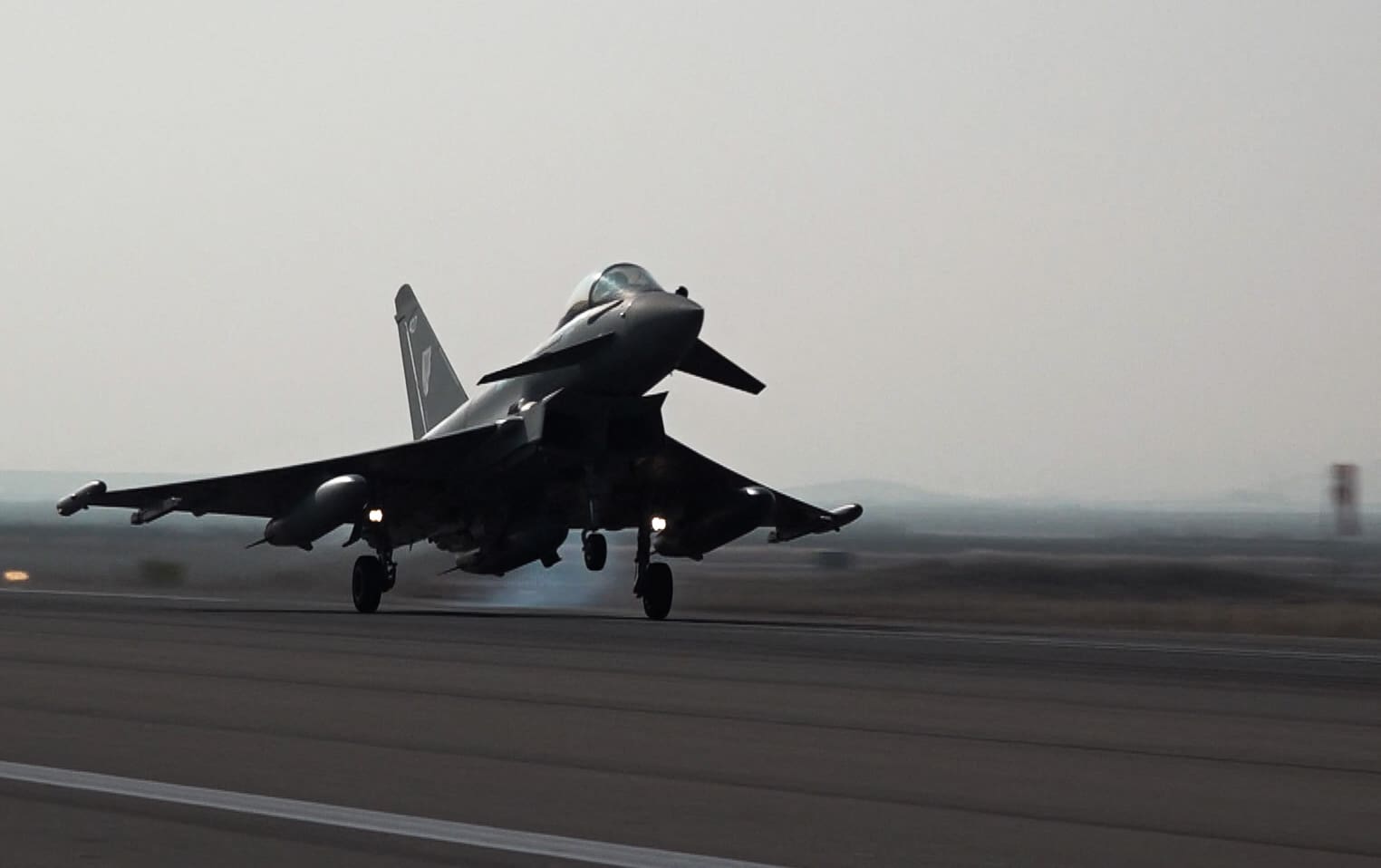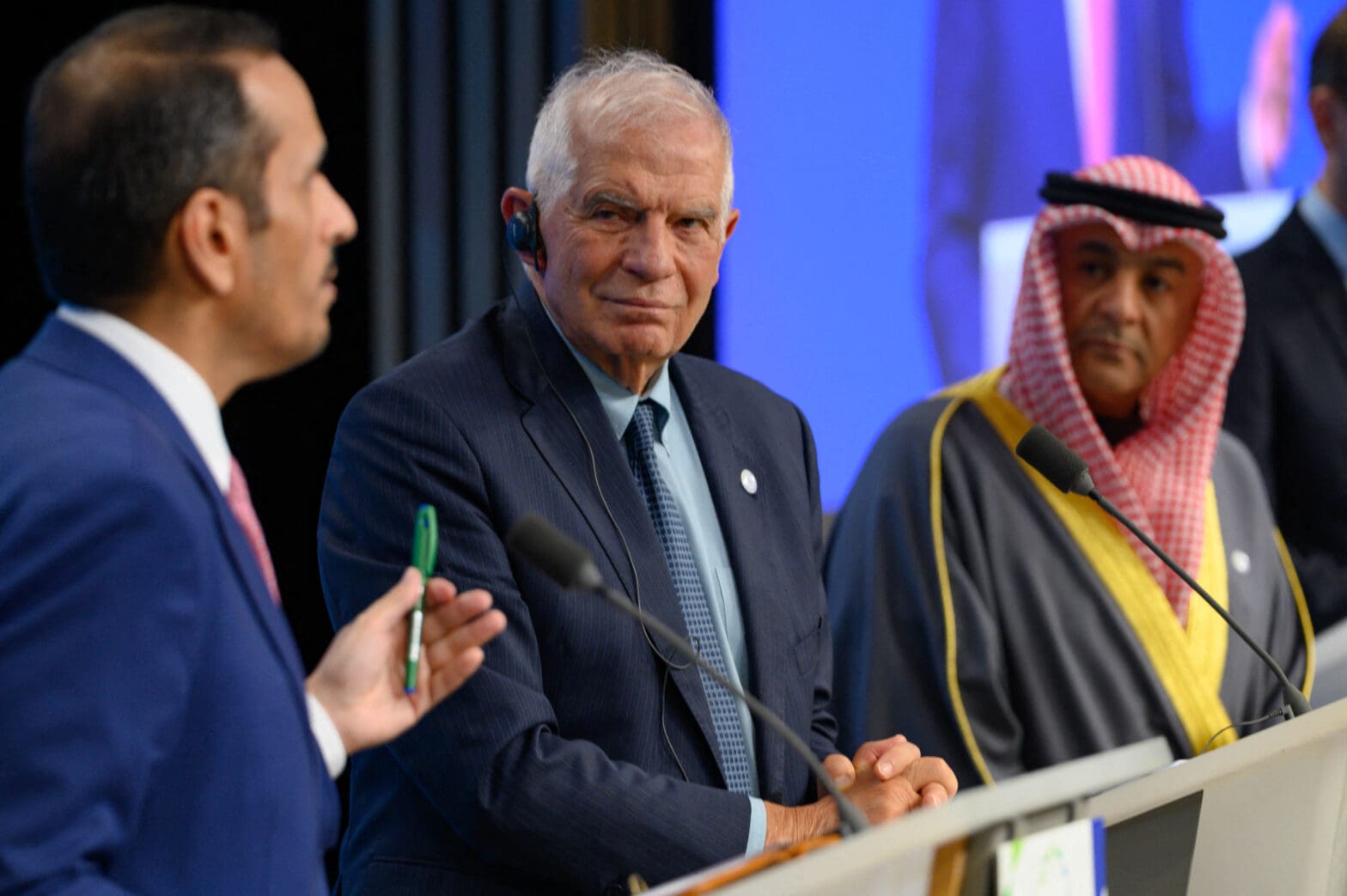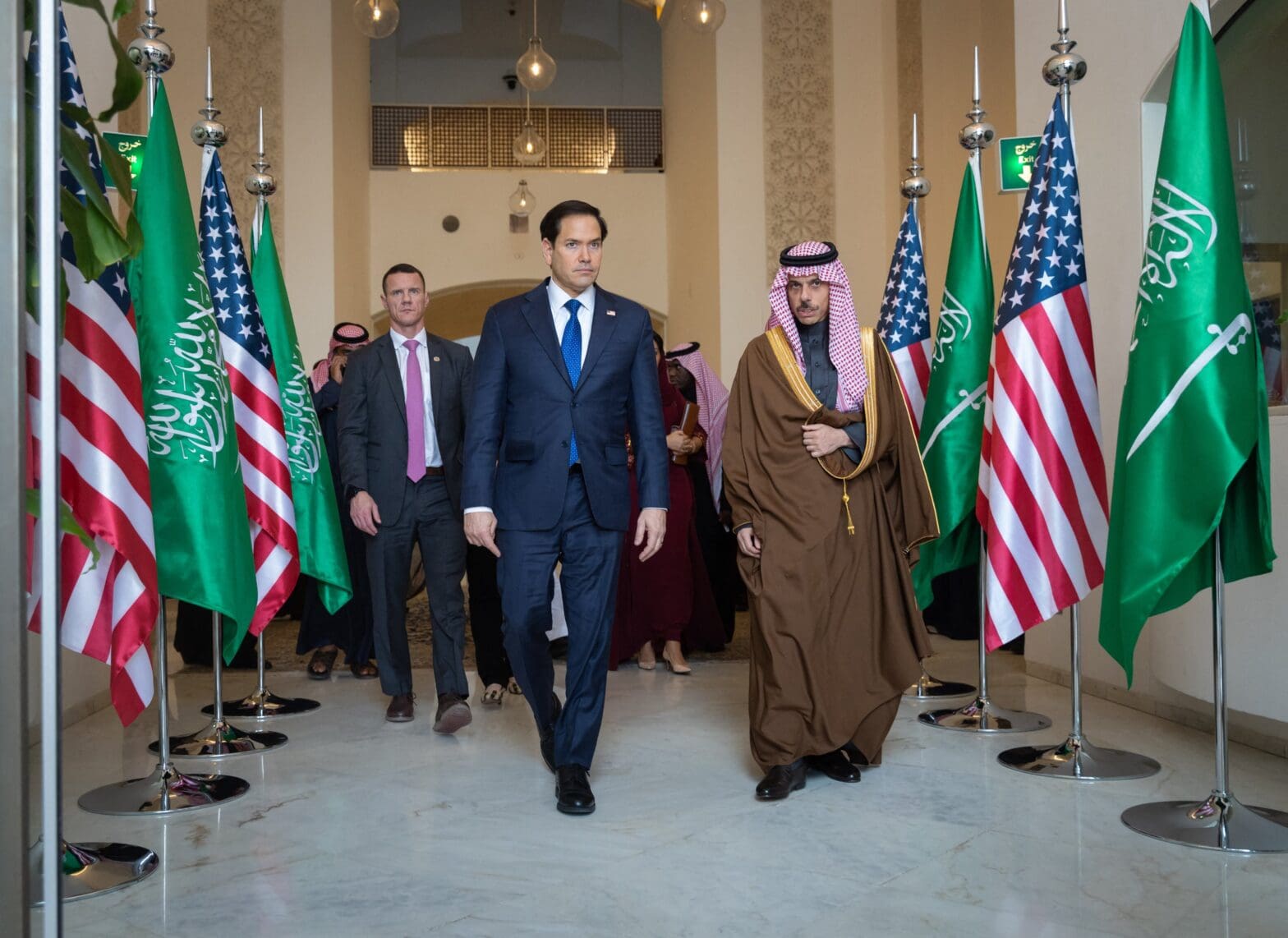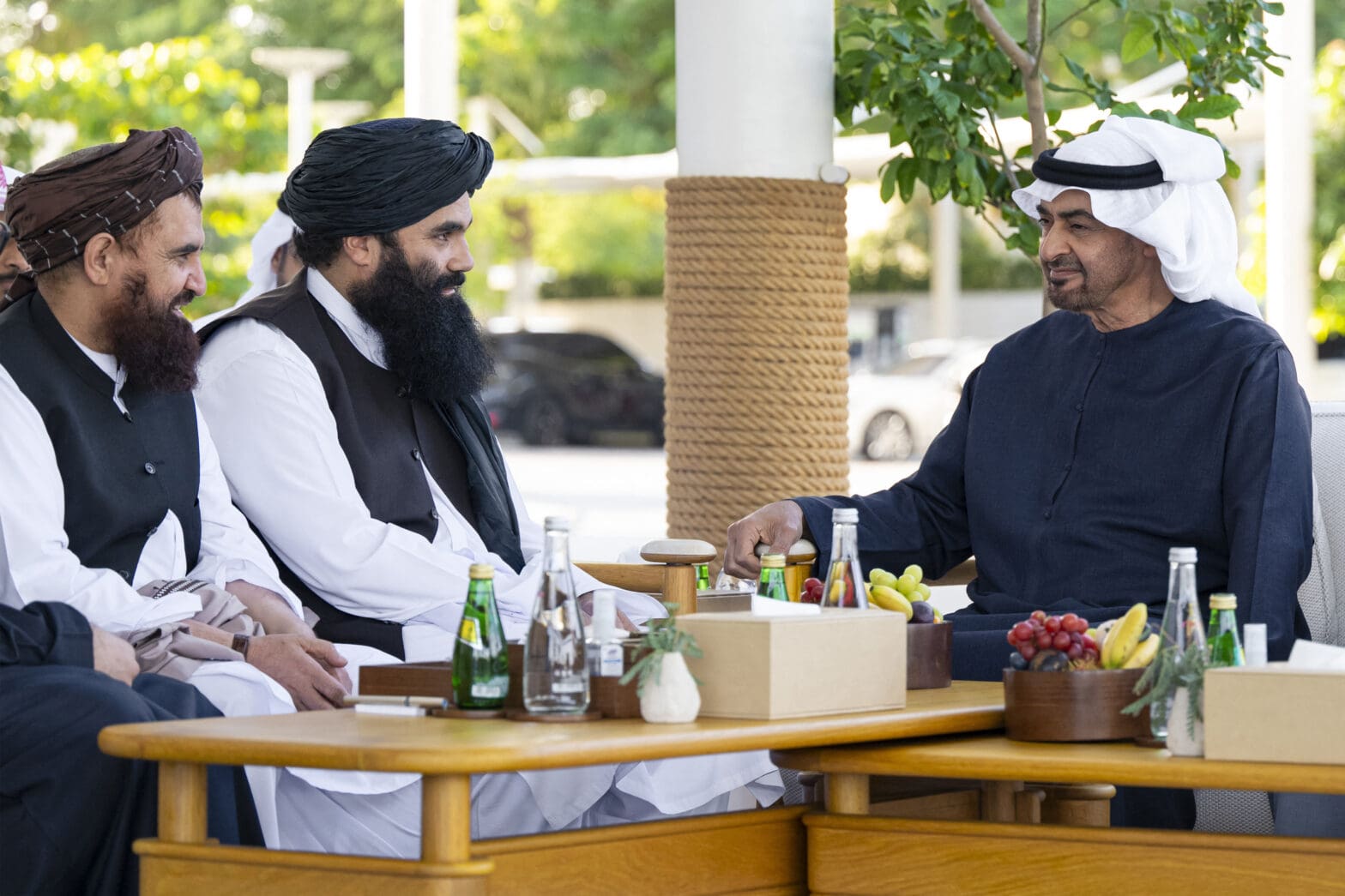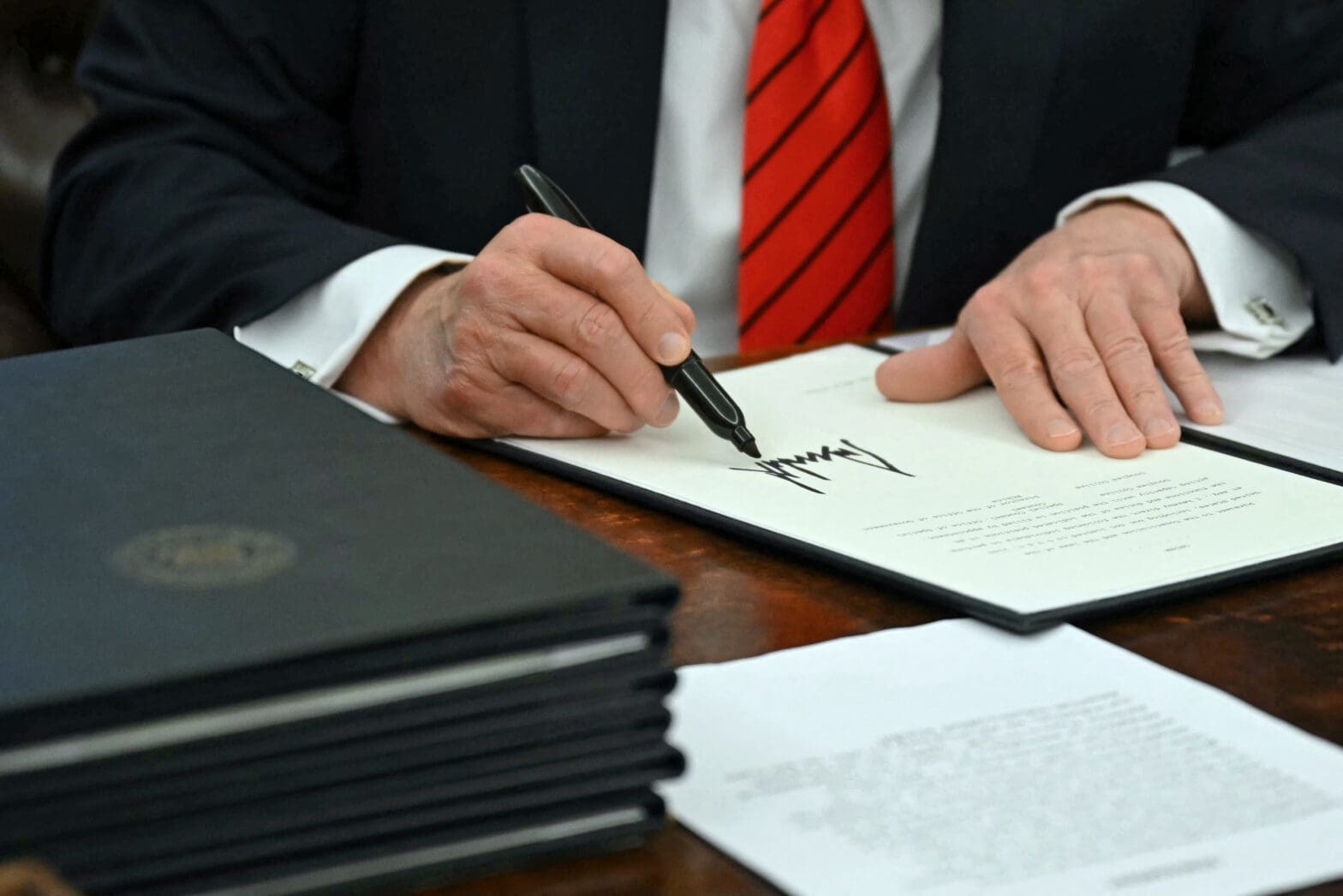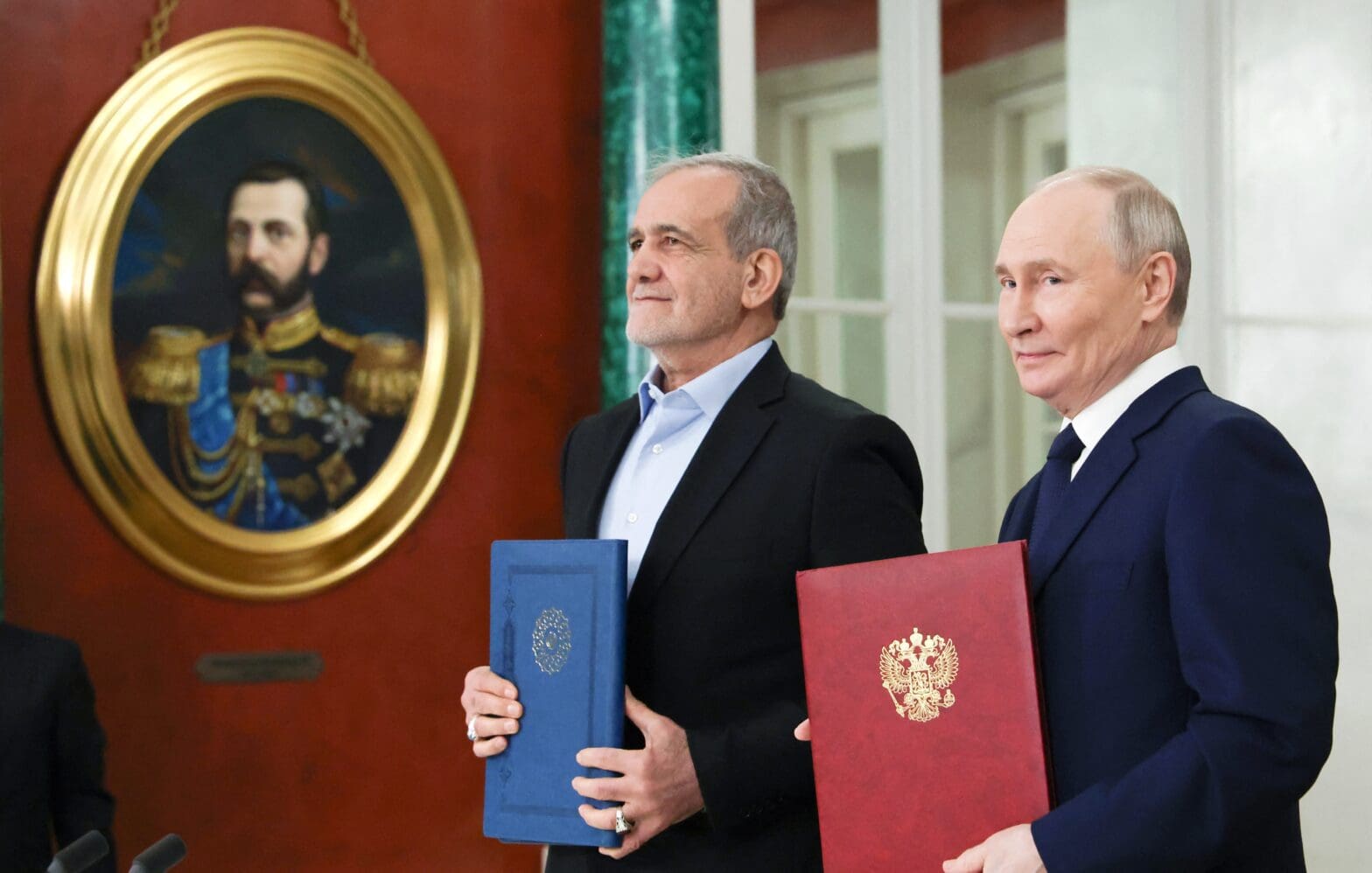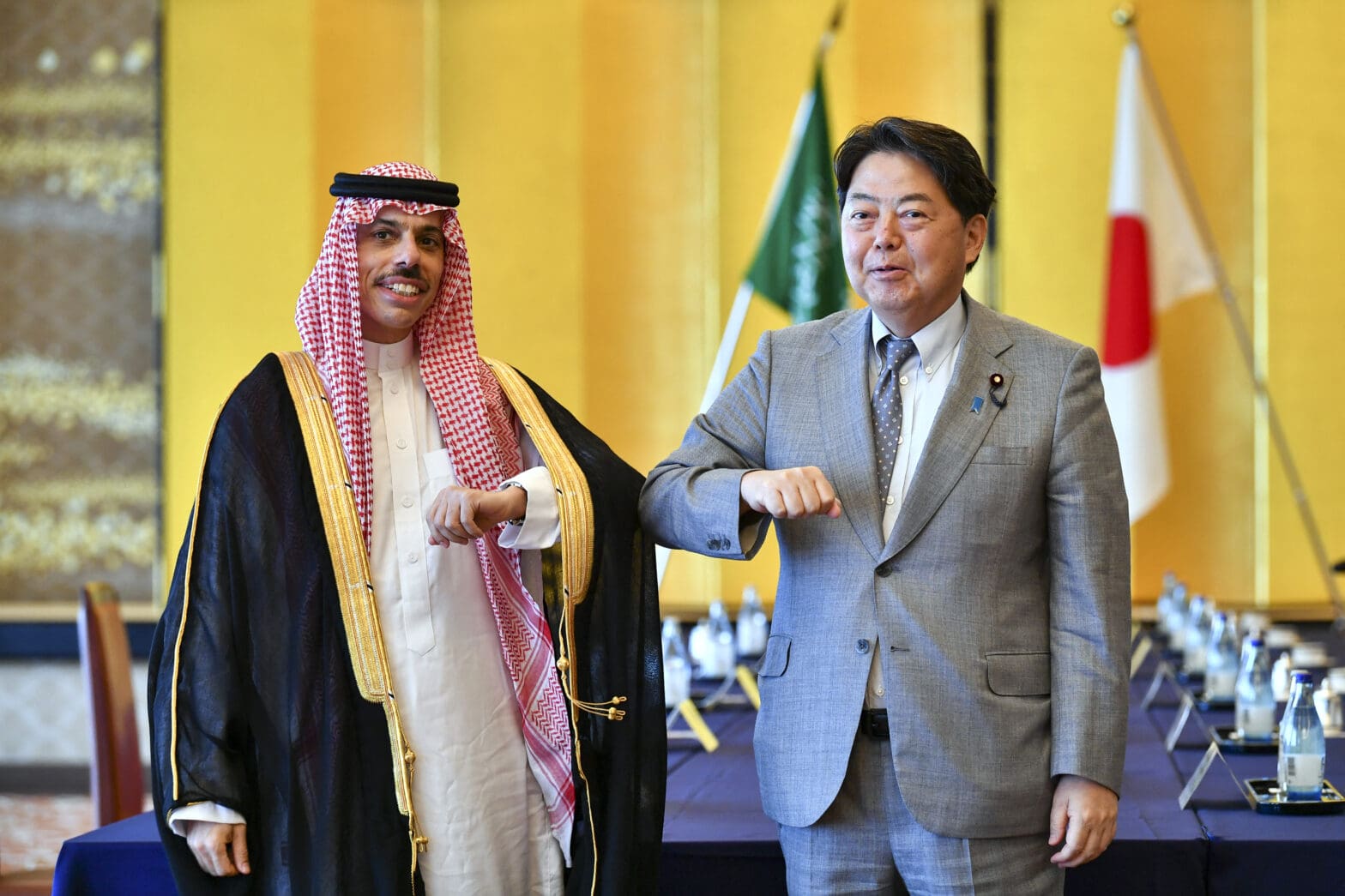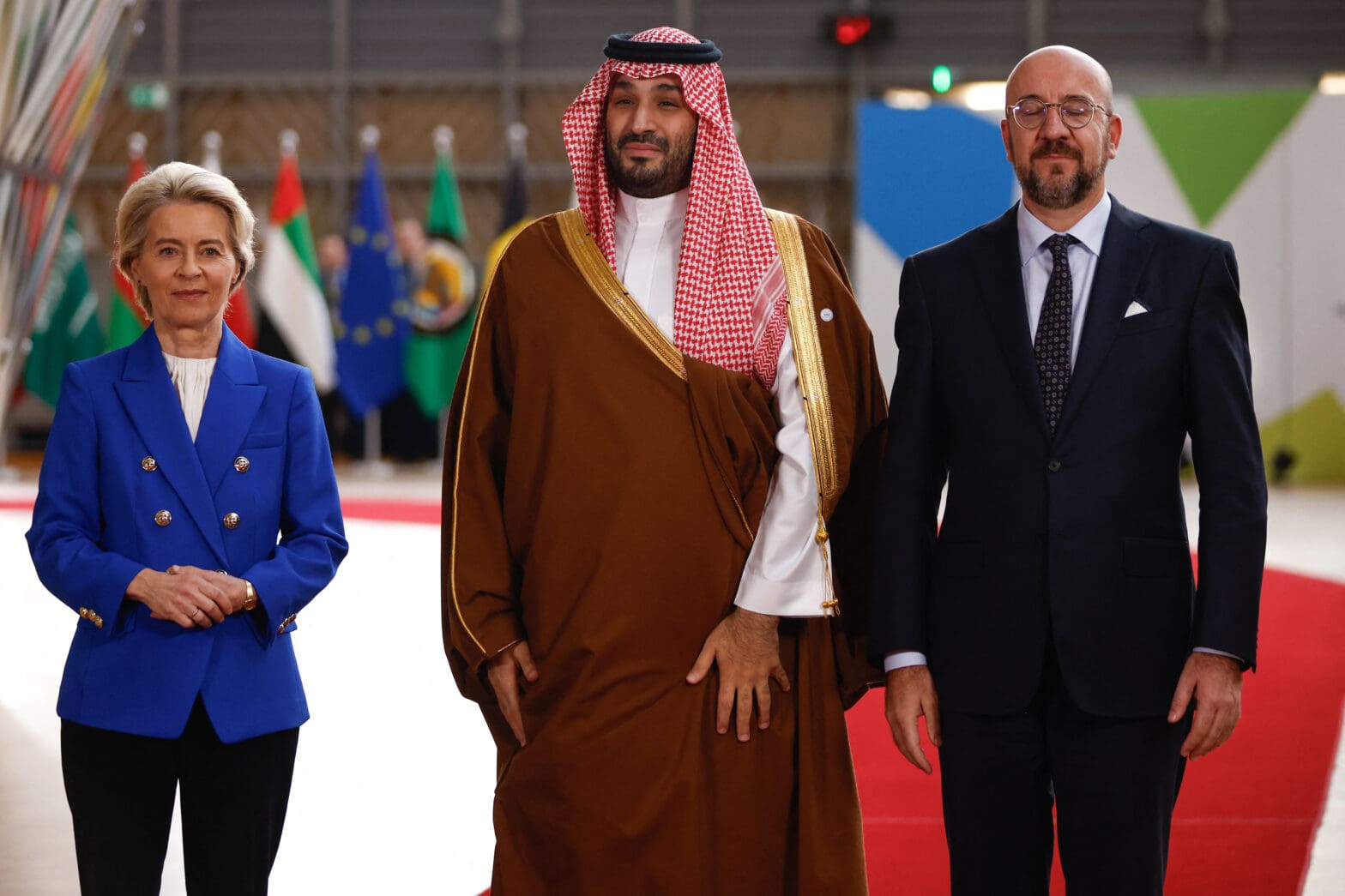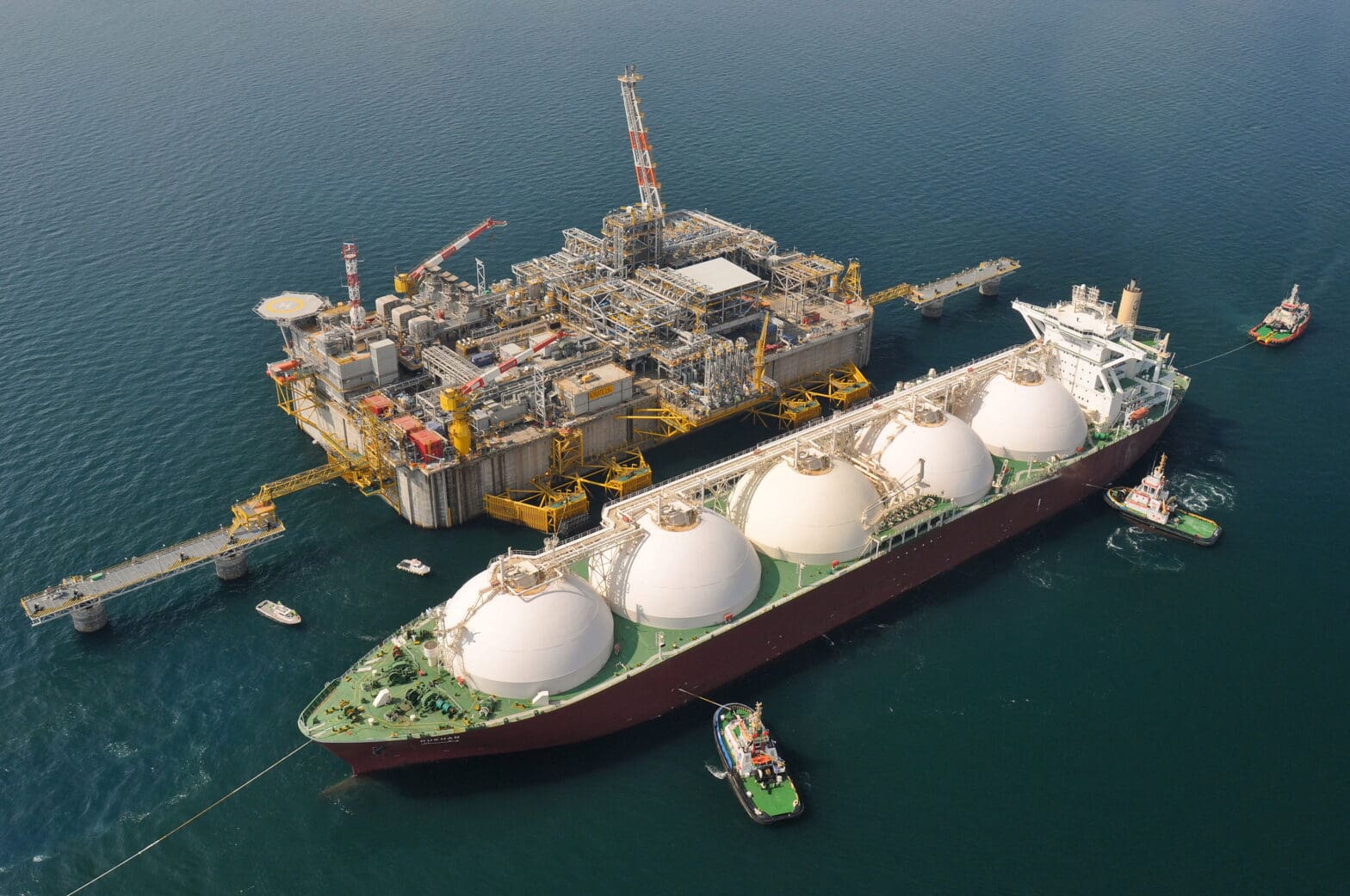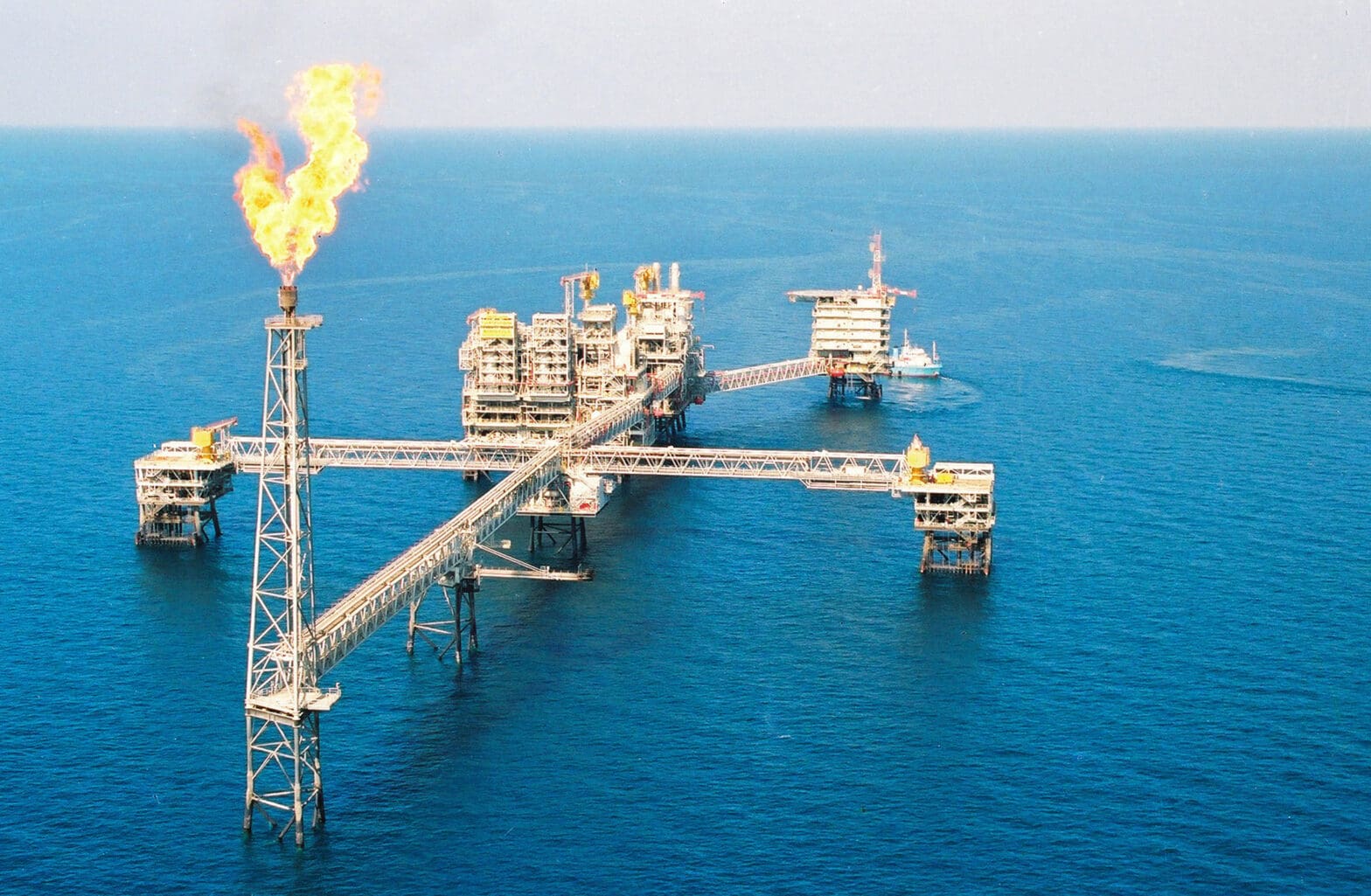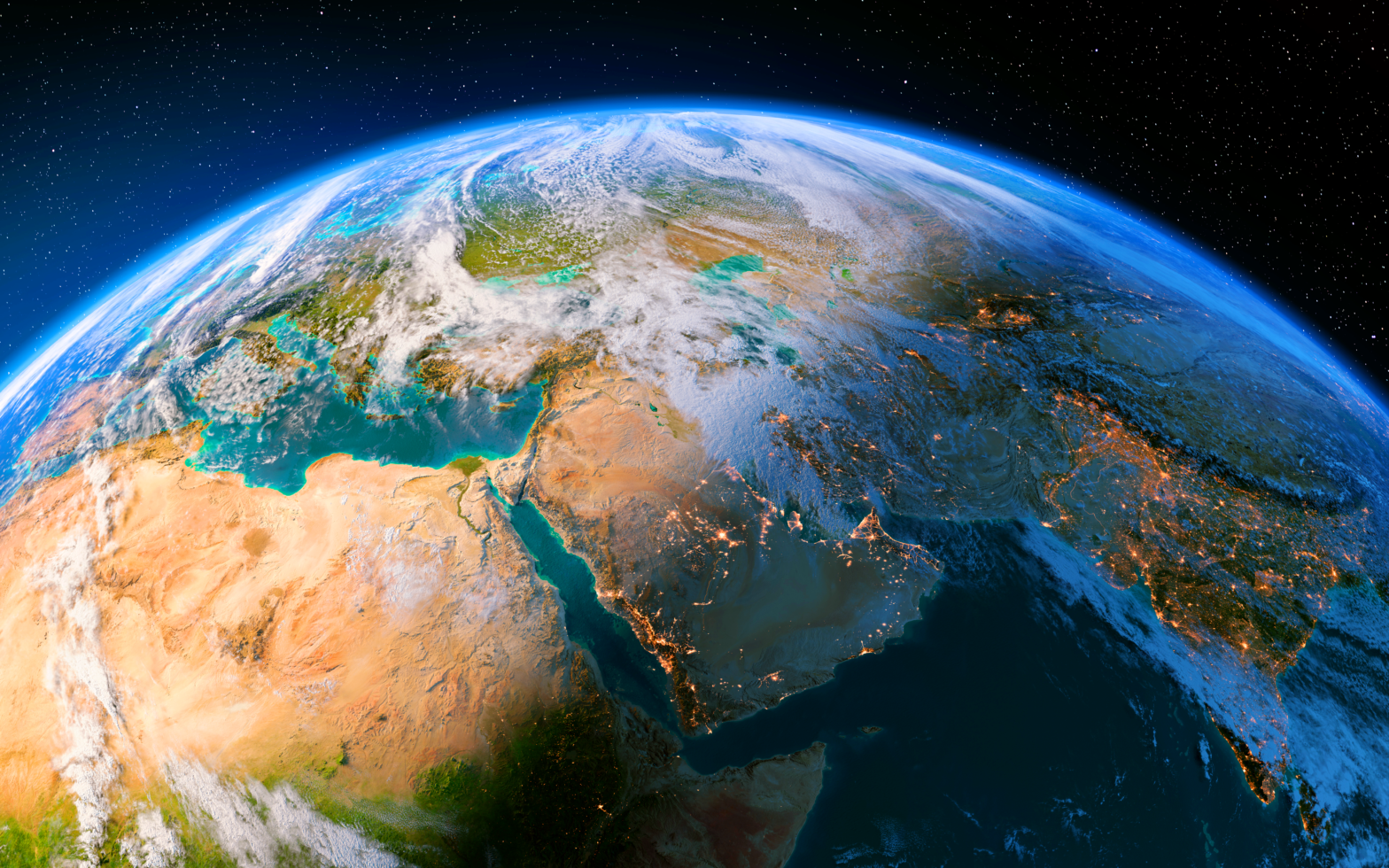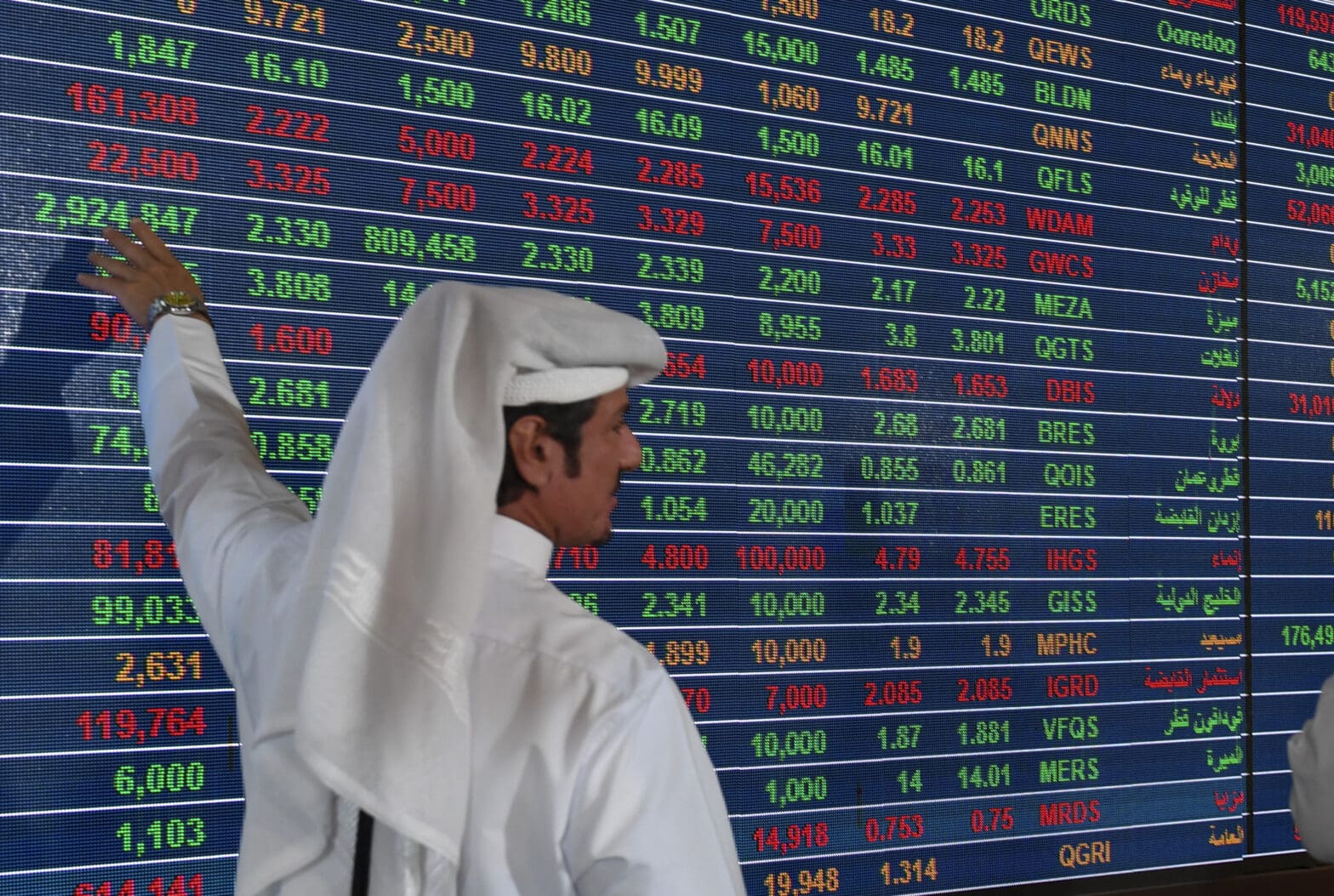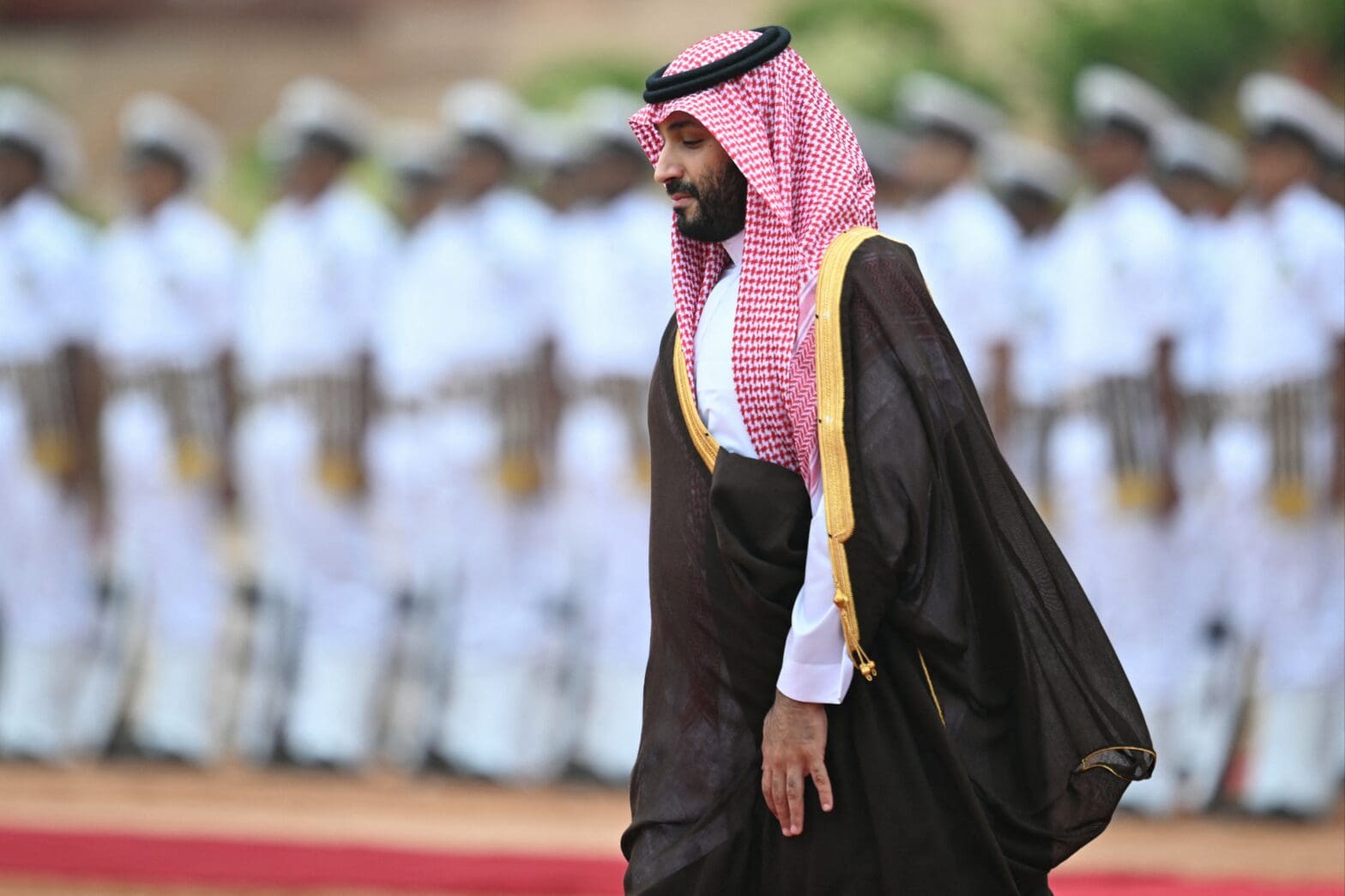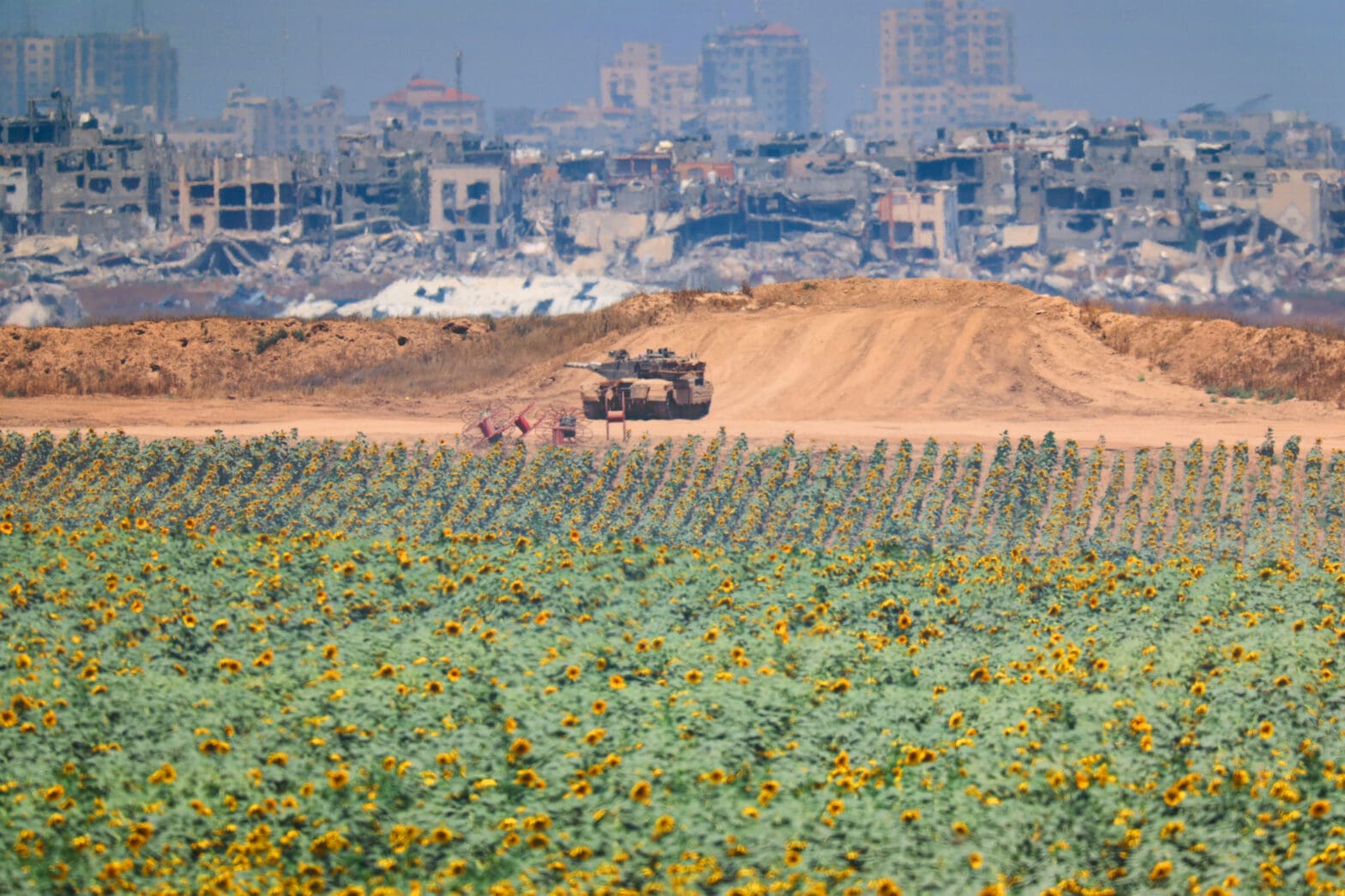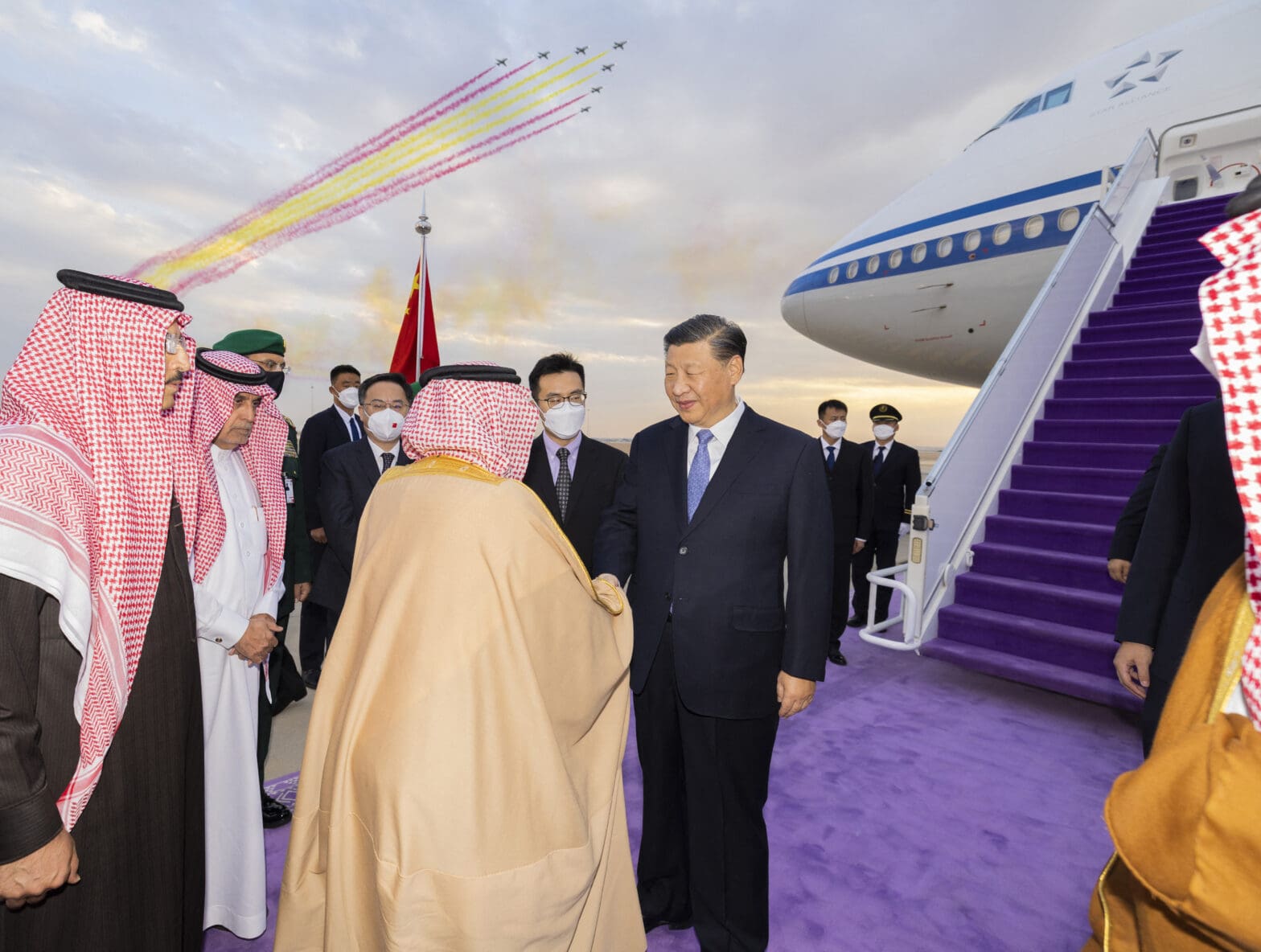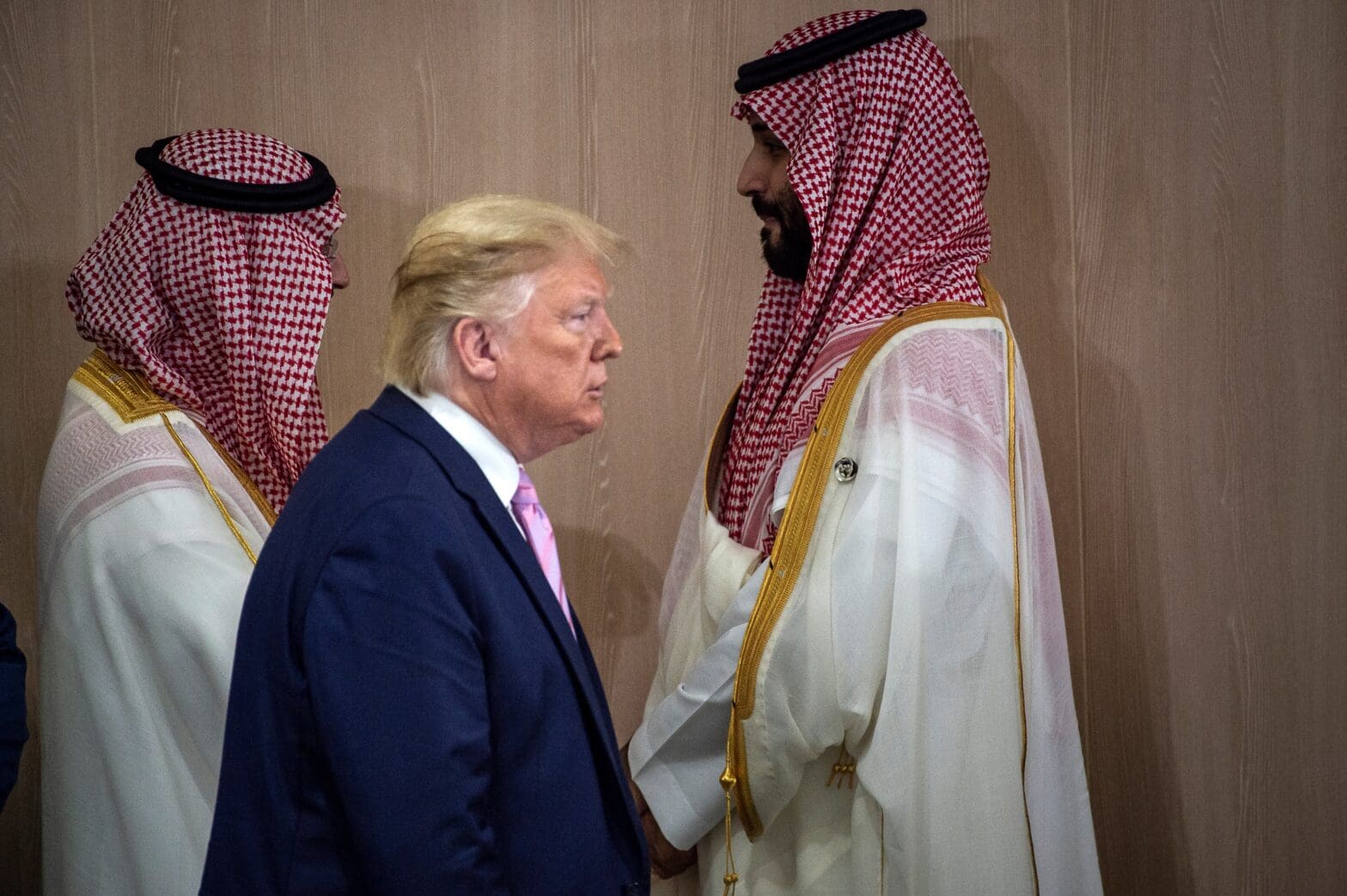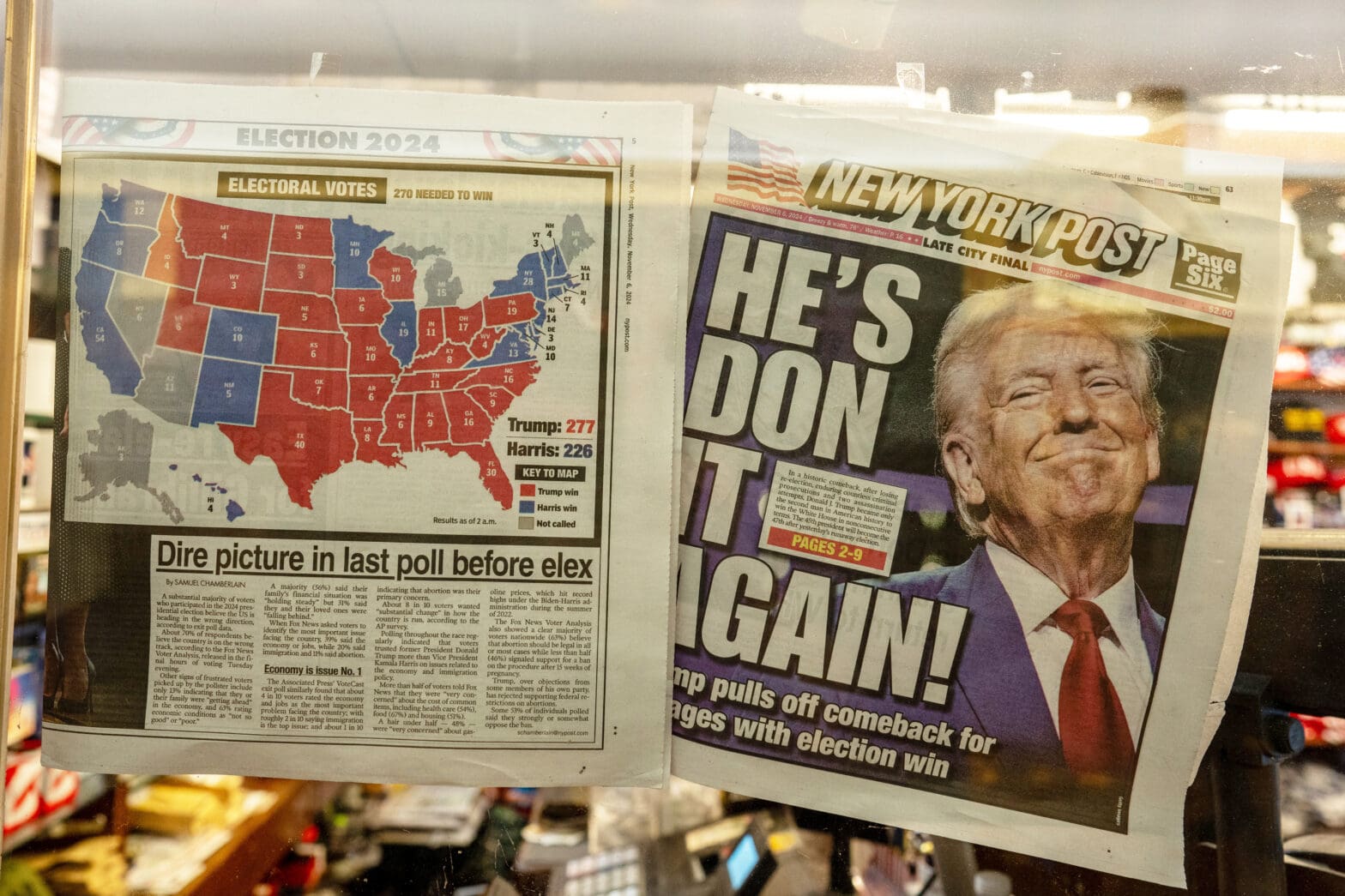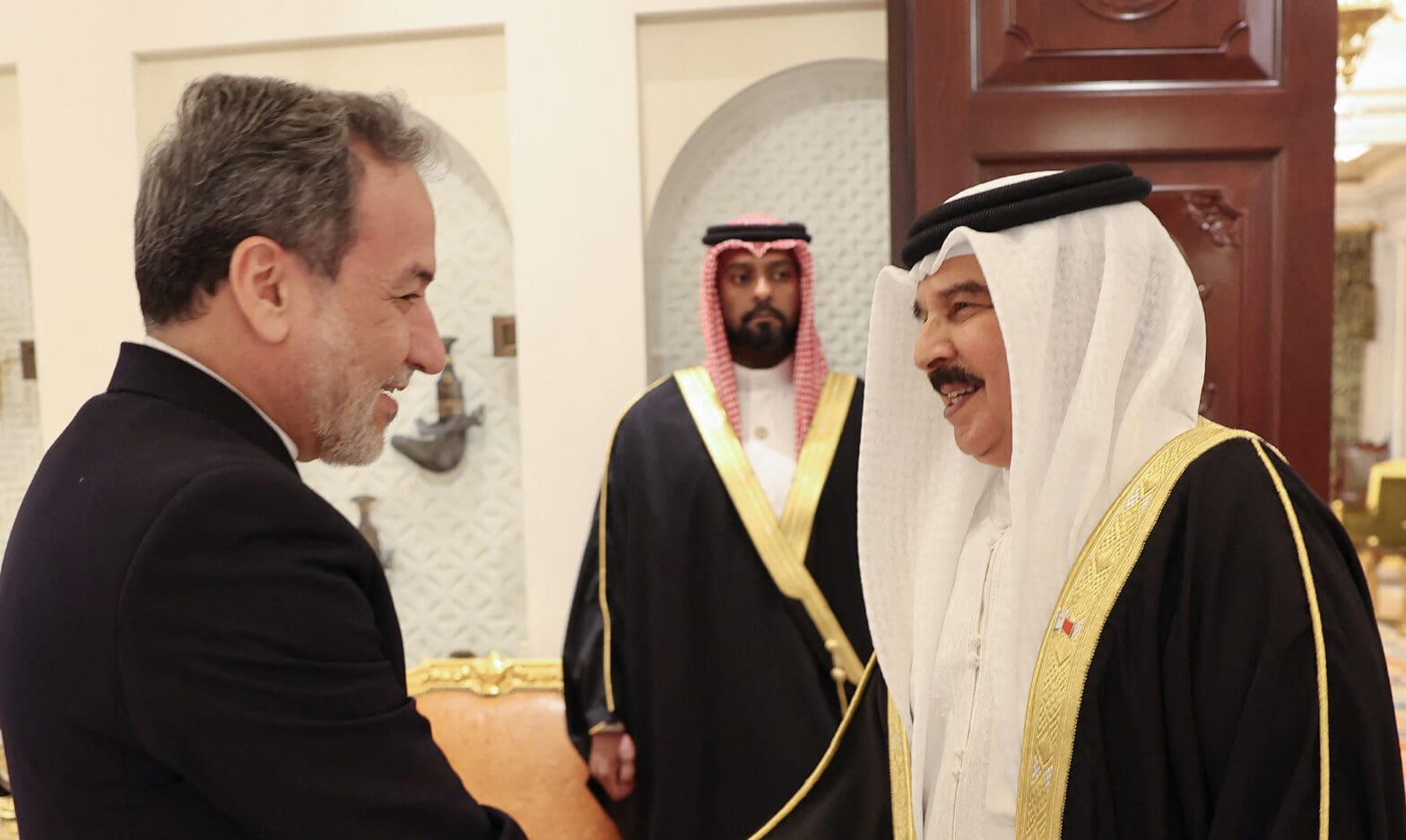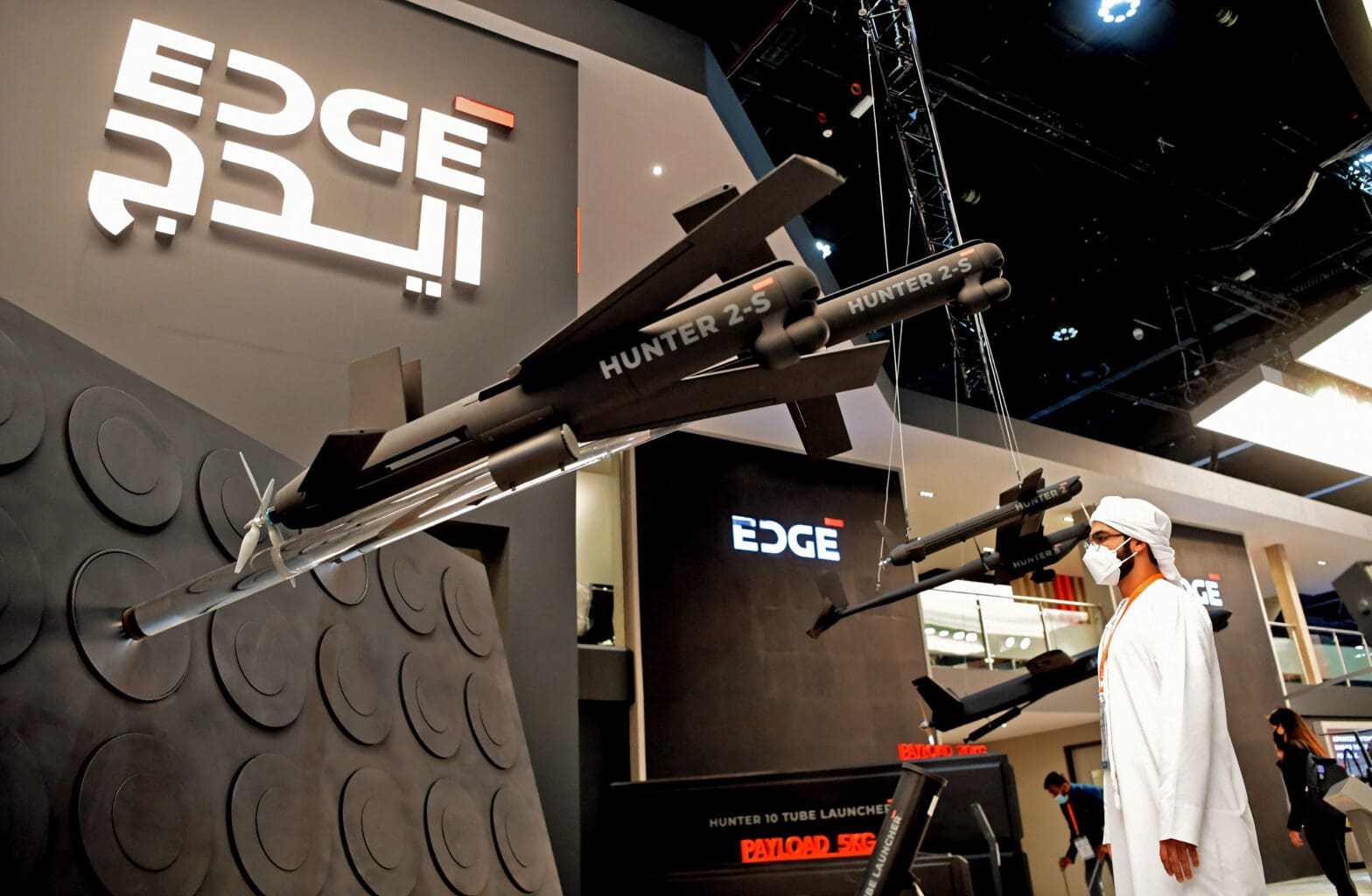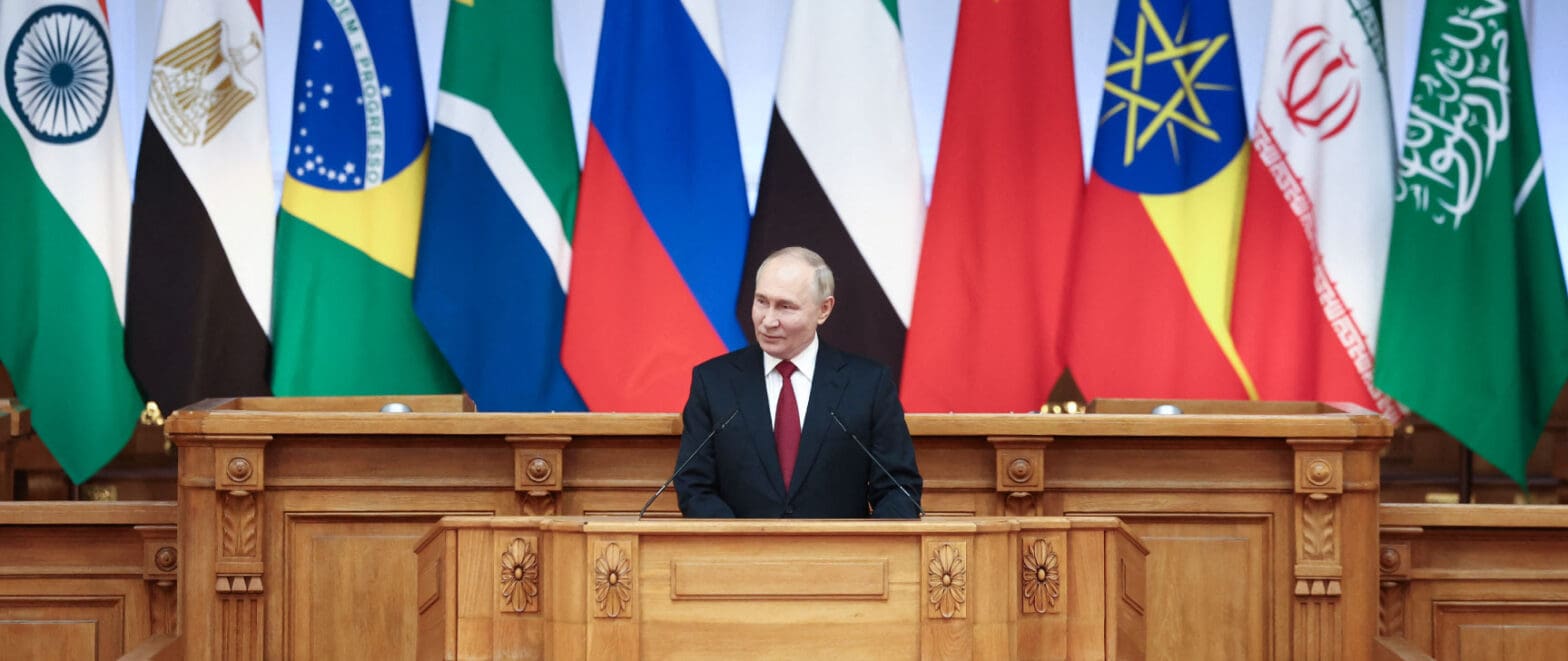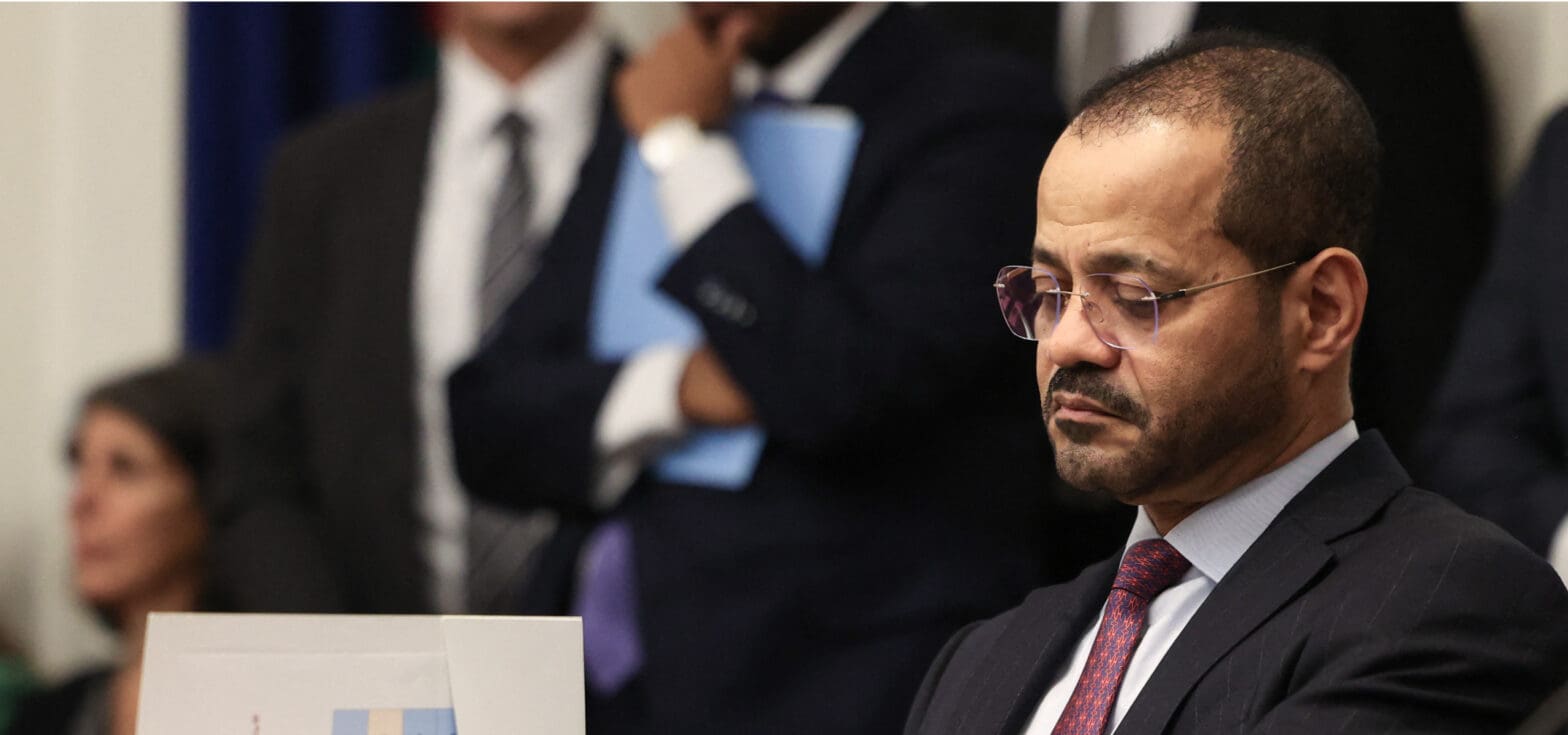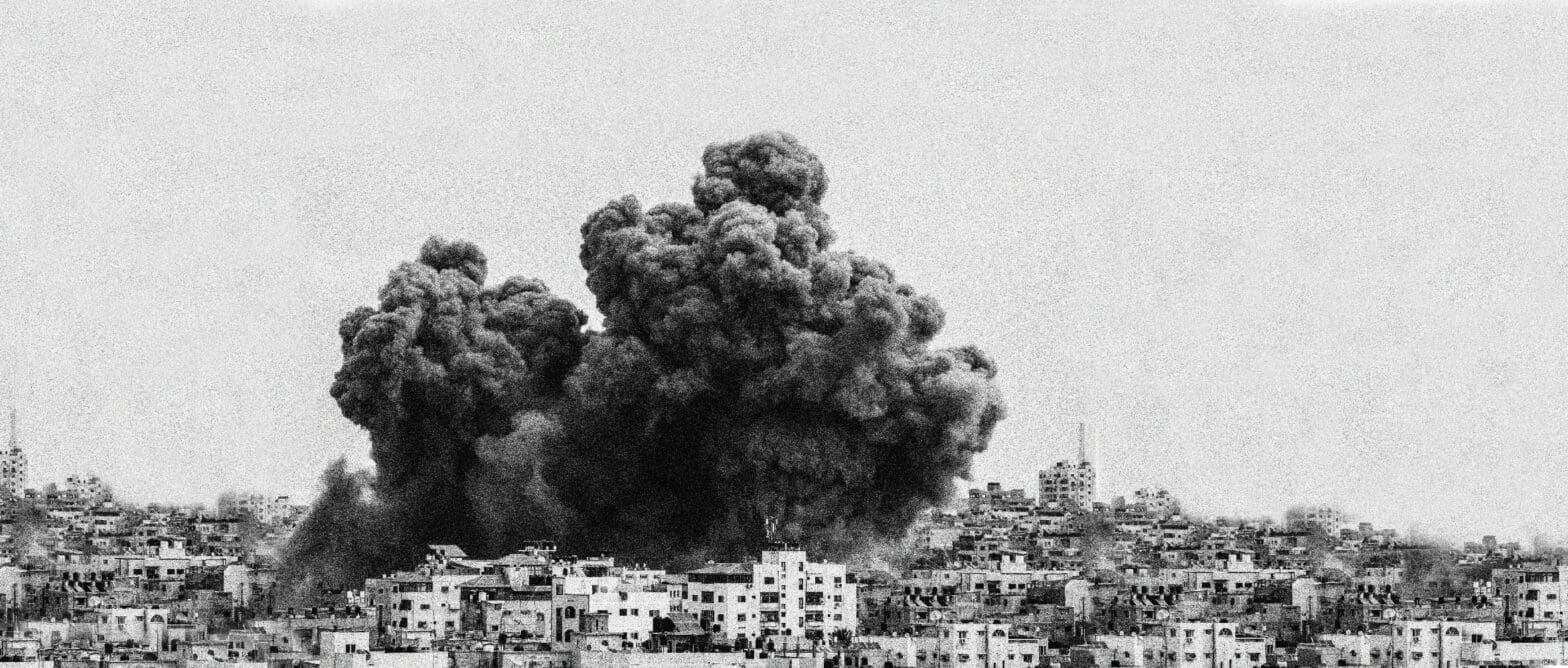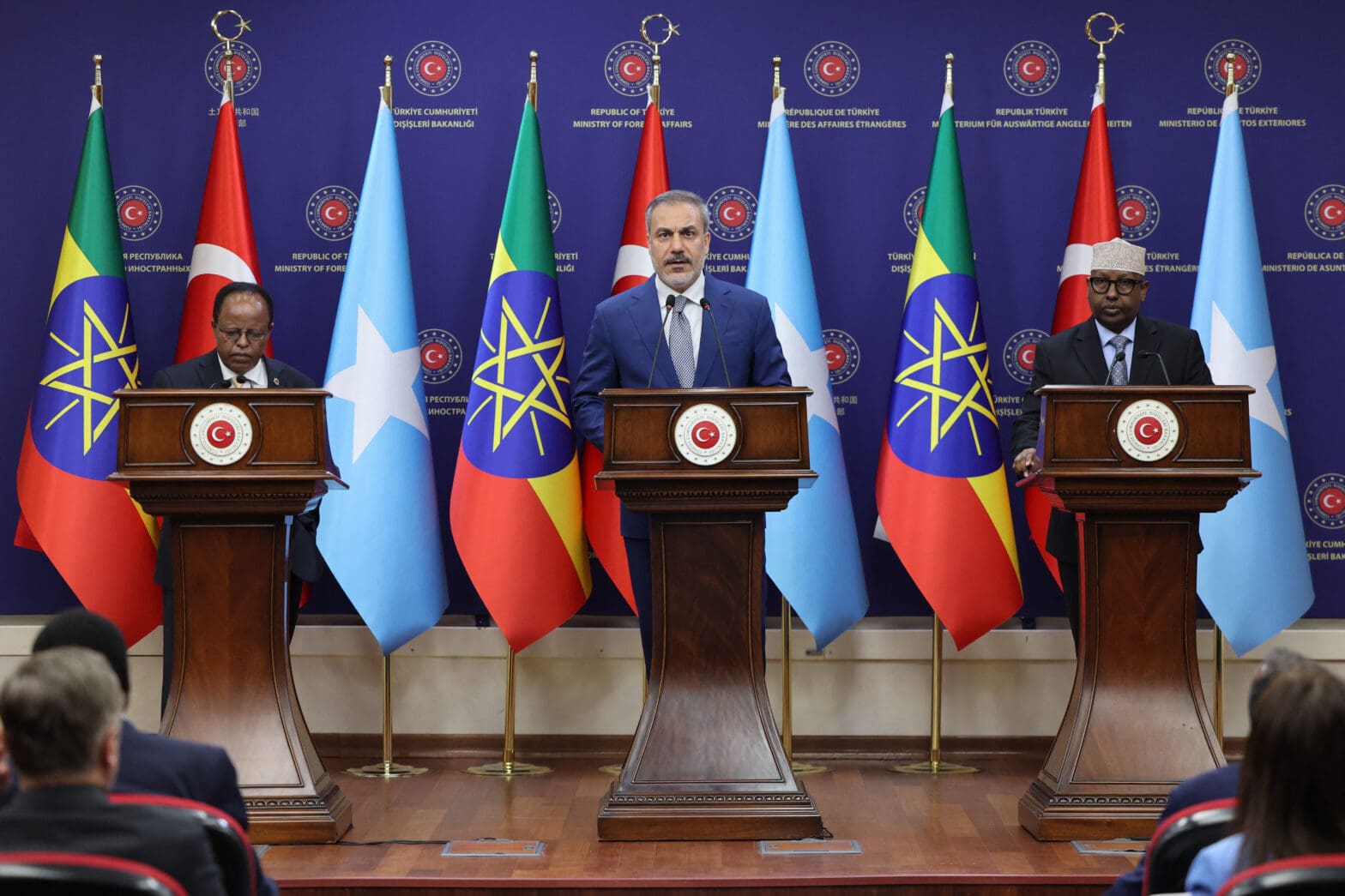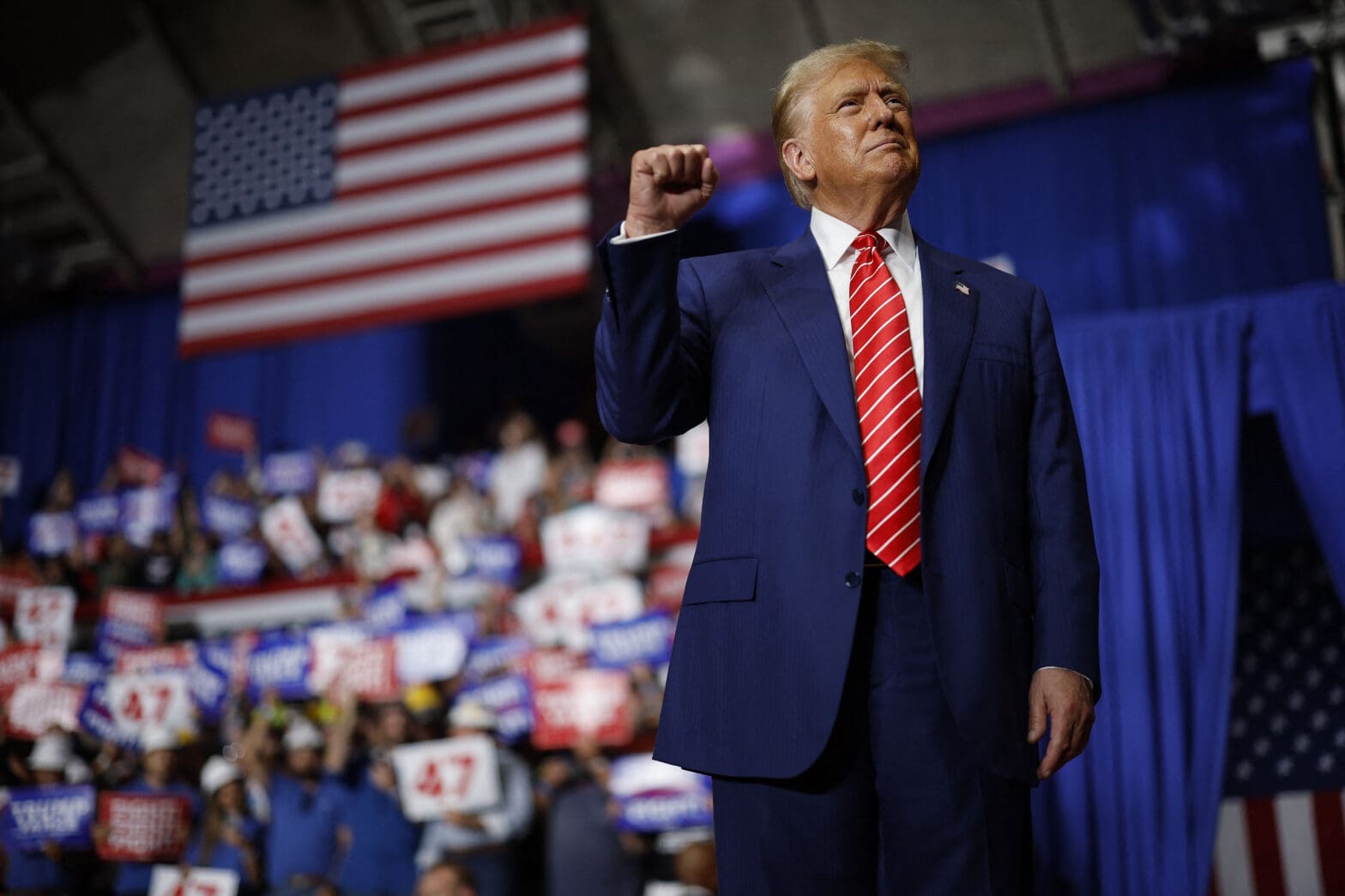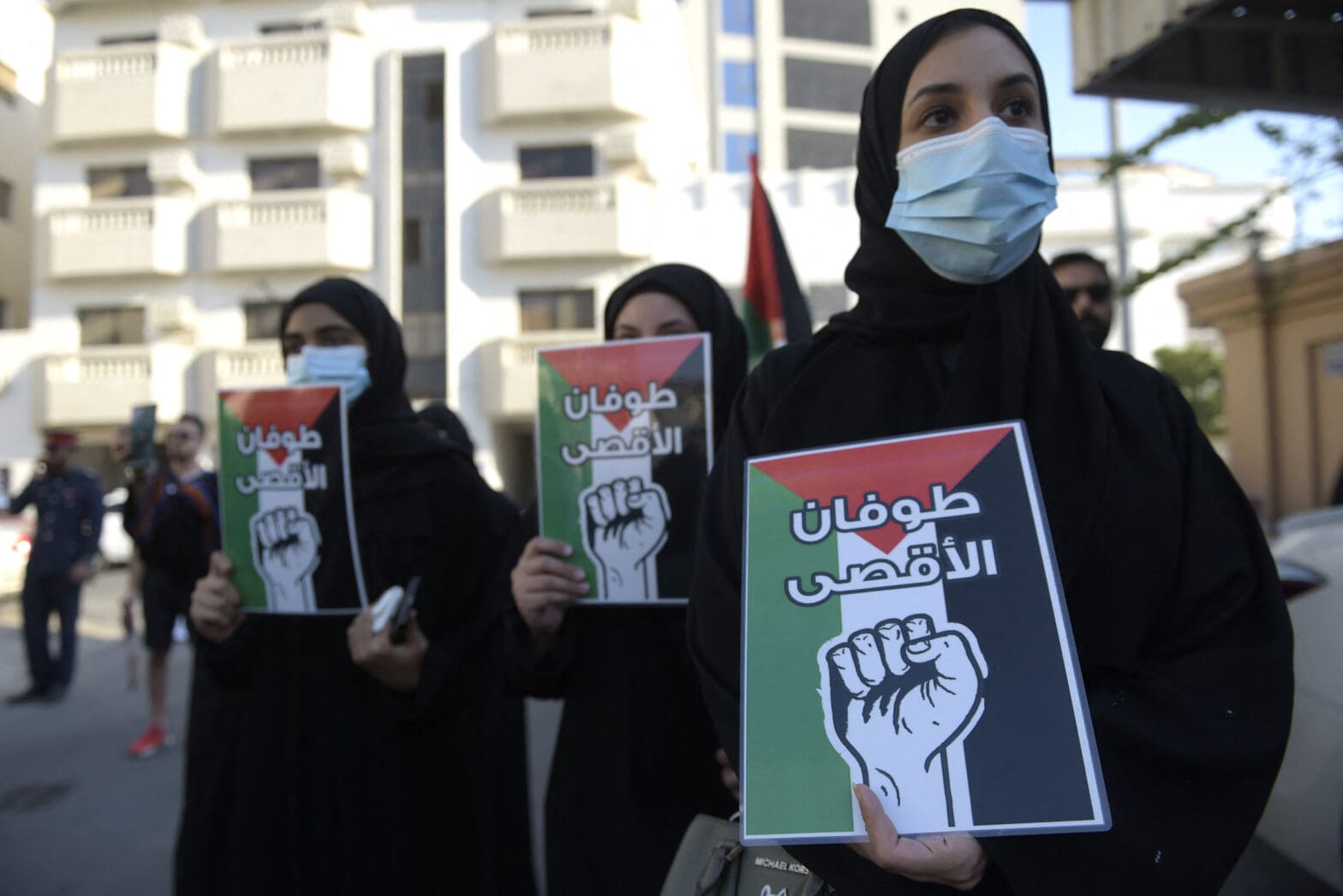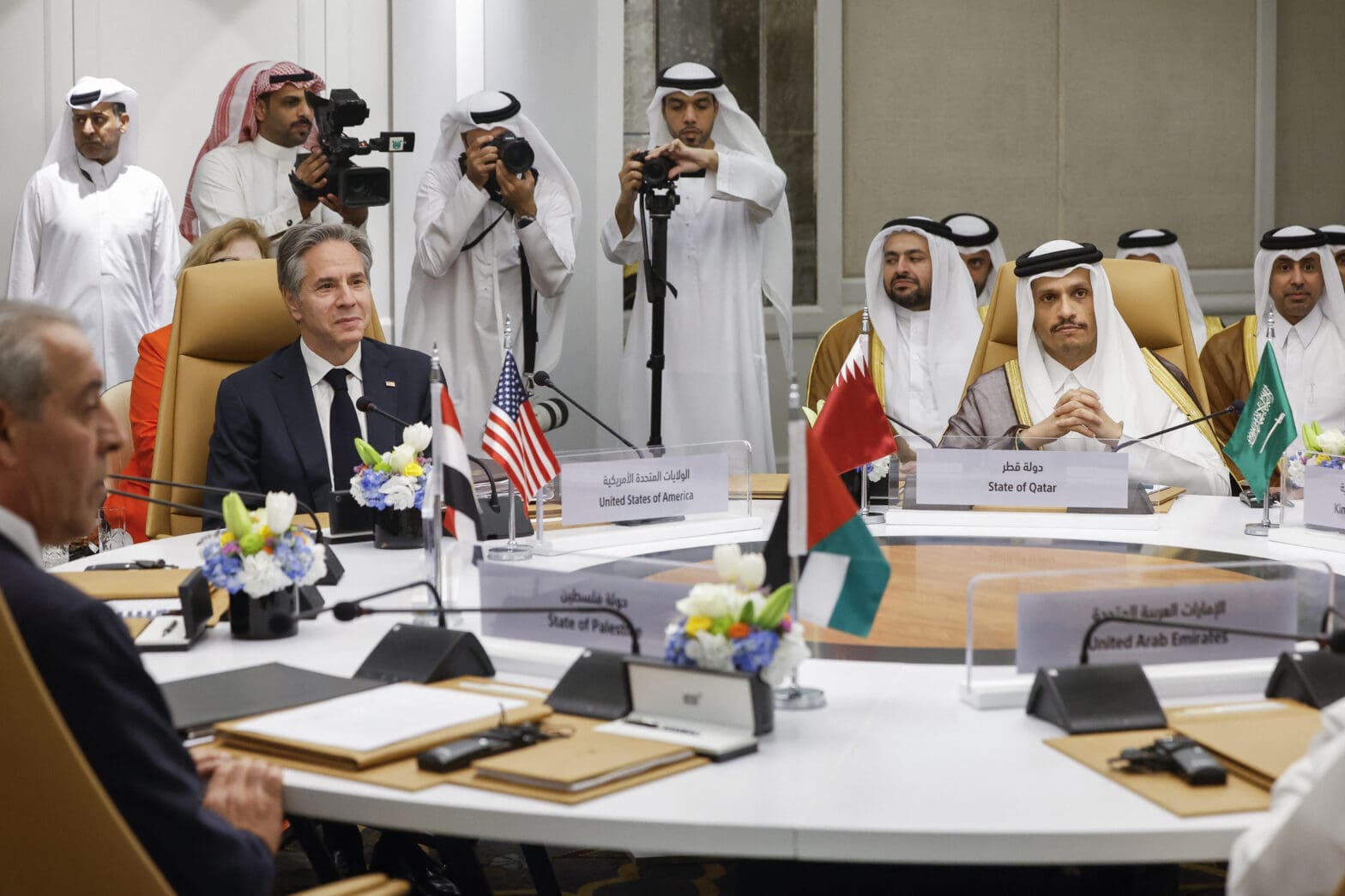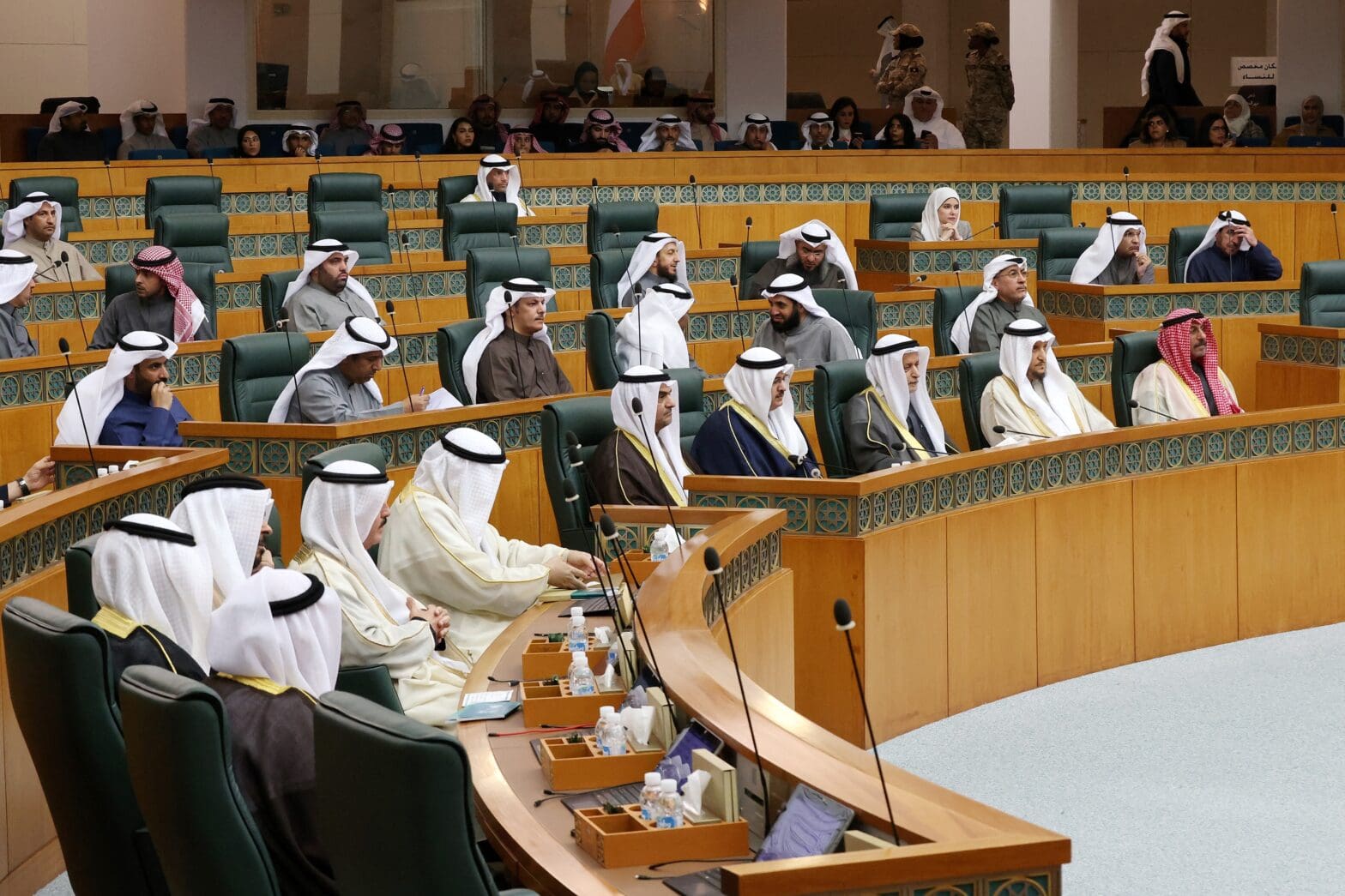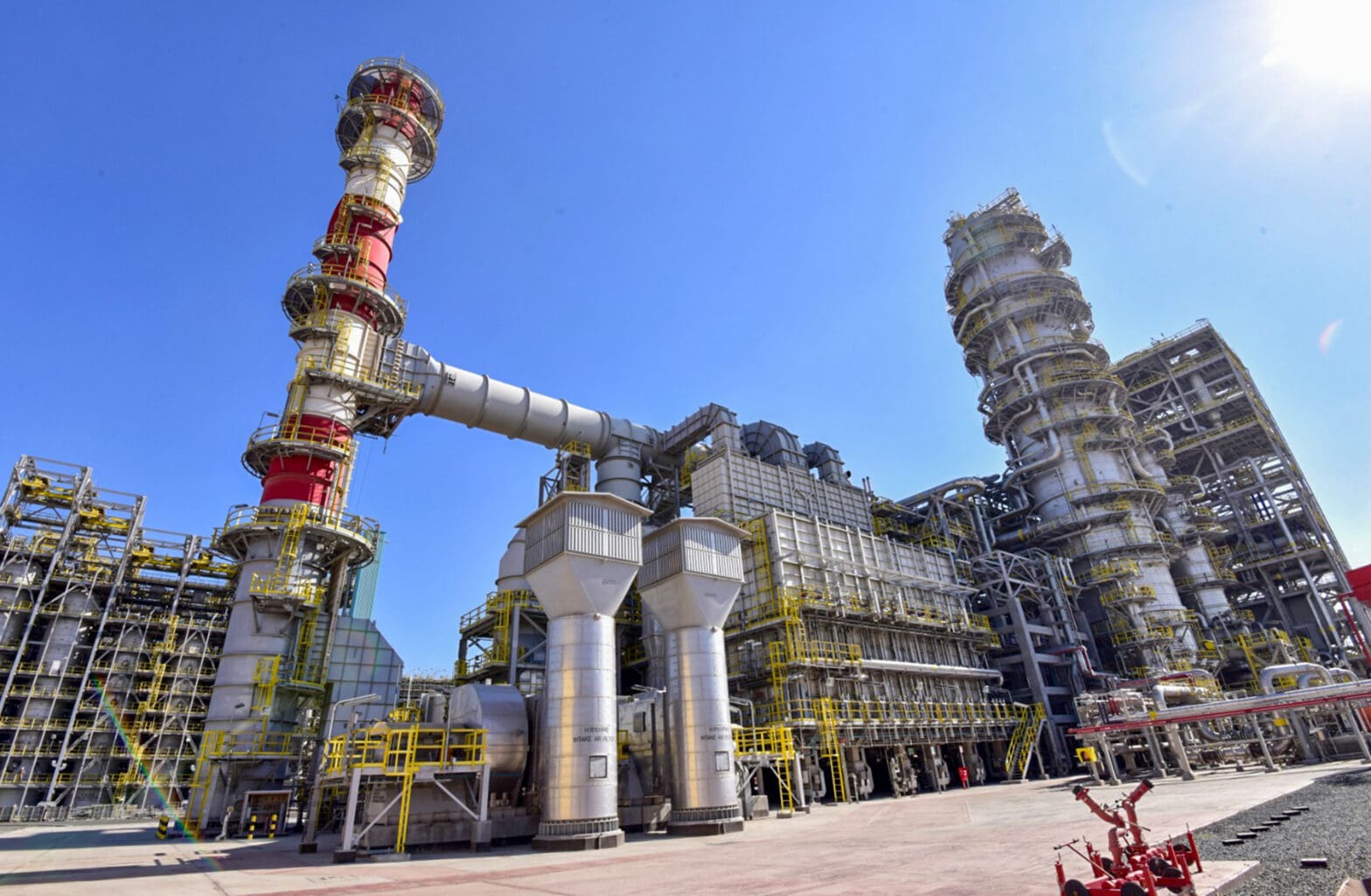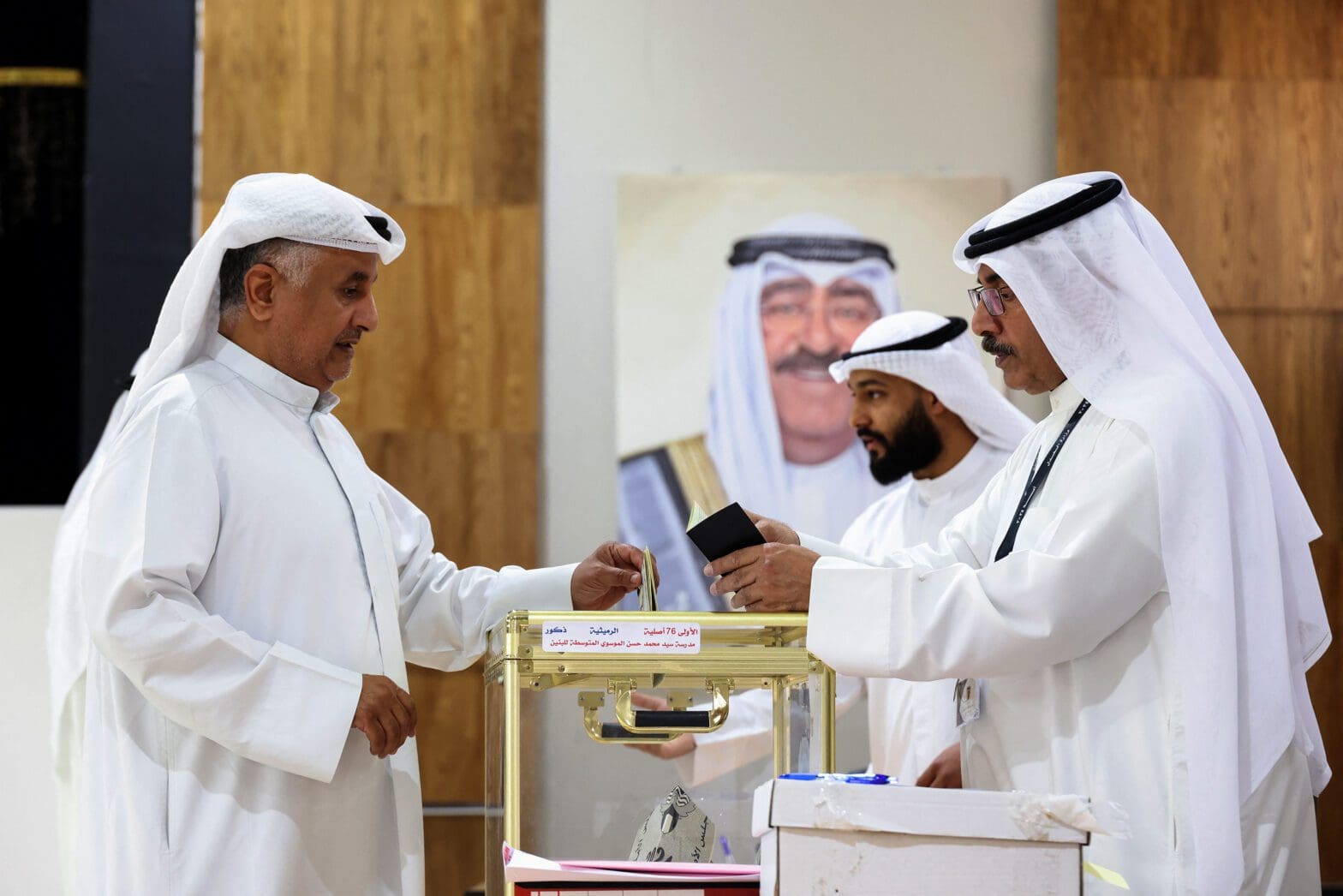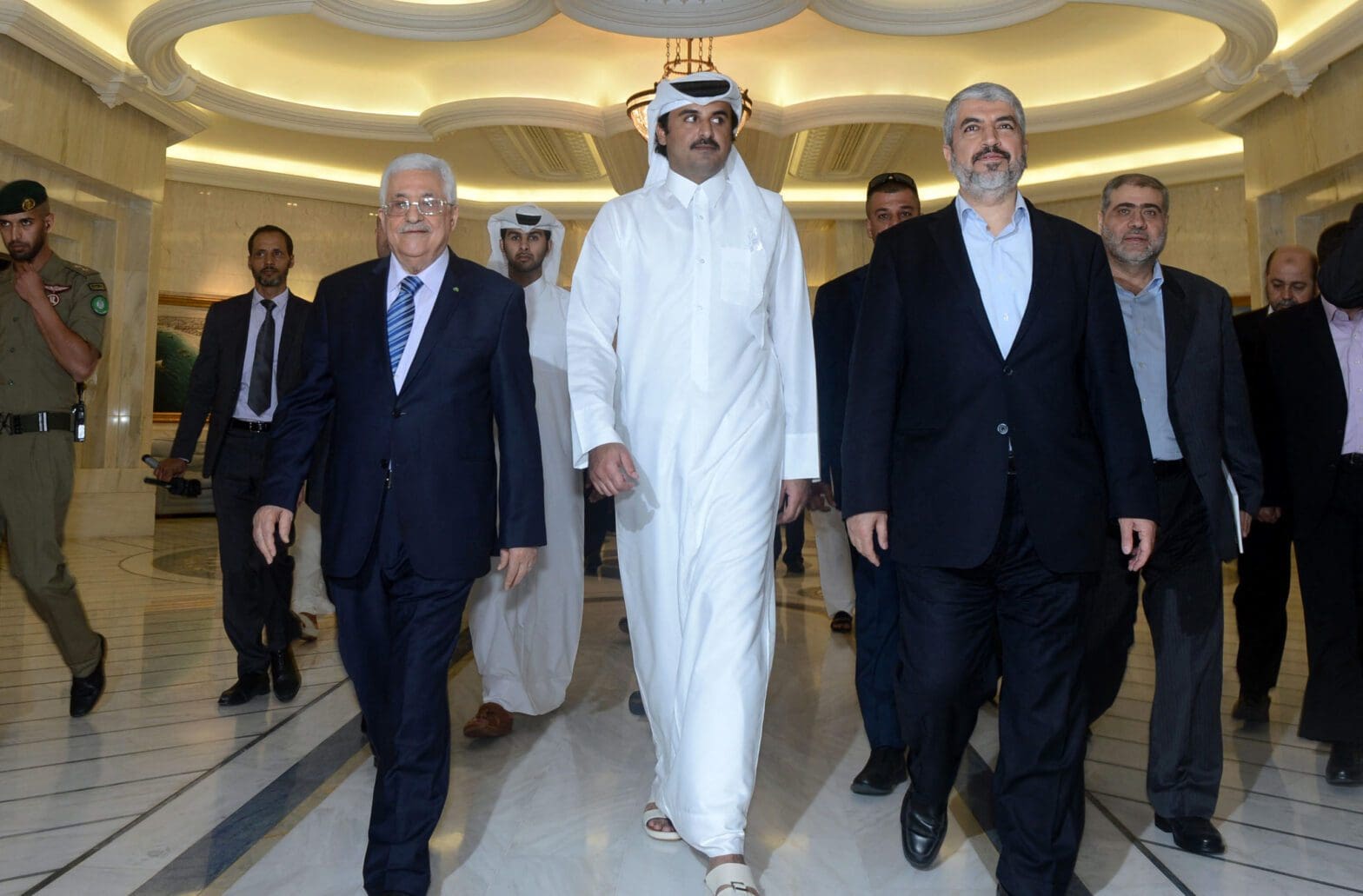When regulators began discussing adjustments to the European Union’s Artificial Intelligence Act of 2024, mere months after its passage, it was a clear sign of the regulatory challenges in this sector. The comprehensive legislation was the first of its kind, and even seasoned regulators like the EU were struggling amid political and corporate pressure, unable to set realistic and effective measures to guide rapid advances in AI technology. For observers in the Gulf, these challenges were a warning sign of the urgent need to balance innovation with risk management. … Continue reading Why the Gulf States Share in the AI Governance Dilemma
Afkar Region: GCC
As Latest Yemen Crisis Eases, A Dangerous Moment Arises
After a transformative few weeks that have seen its political map change drastically, Yemen is once again at a dangerous crossroads. The risk of escalation and renewed confrontation remains real, even as sustained efforts are being made to prevent such an outcome. Recent events have underscored just how narrow the margin for error has become,… Continue reading As Latest Yemen Crisis Eases, A Dangerous Moment Arises
Momentous change sweeps Yemen as STC overreaches in Hadramawt
In little over a month, Yemen has undergone significant changes on the ground and in the political dynamics underpinning more than ten years of war. In early December, the Southern Transitional Council (STC) initiated a military operation in the governorates of Hadramawt and al-Mahra that brought nearly the entirety of southern and eastern Yemen under… Continue reading Momentous change sweeps Yemen as STC overreaches in Hadramawt
Saudis Consider Major Rule Change that Could Boost Their Economy
When news broke in late September that Saudi Arabia’s stock exchange was considering removing limits on foreign ownership of listed companies by the end of the year, the market surged, helping to erase losses that had made the Tadawul All-Share Index (TASI) one of the world’s lowest-performing stock markets in 2025. Although there have been… Continue reading Saudis Consider Major Rule Change that Could Boost Their Economy
With Mediation More Important Than Ever, Mediators Must Be Protected
Conflict mediation has emerged as one of the most indispensable tools in the contemporary international system. At a time when great-power competition intensifies across multiple domains, political, economic, and technological, the ability of neutral mediators to facilitate communication and reduce the risks of escalation is more crucial than ever. Yet despite its importance, conflict mediation… Continue reading With Mediation More Important Than Ever, Mediators Must Be Protected
Israel’s Strike on Doha: What It Means for the Region
On September 9, Israel’s military fired several missiles into a residential neighborhood in Doha targeting a meeting of senior Hamas officials discussing the latest American proposal for a ceasefire in Gaza. Although six people were killed, including a Qatari security official, none were the primary targets. The global backlash to the strike has been intense,… Continue reading Israel’s Strike on Doha: What It Means for the Region
Trump’s Climate Silence Risks Undermining Gulf Engagement
Earlier this year, U.S. President Donald Trump returned to the Gulf with a familiar list of themes: deals, defense and data. Over four days, he visited Saudi Arabia, the UAE and Qatar, securing over $2 trillion in investment pledges and announcing sweeping agreements on artificial intelligence, fossil fuel infrastructure and defense. Yet one issue was… Continue reading Trump’s Climate Silence Risks Undermining Gulf Engagement
Five Years On, UAE-Israel Normalization Weathers the Gaza Storm
When the United Arab Emirates normalized relations with Israel five years ago, it likely expected a degree of discomfort given negative public opinion of Israel in the region amid its ongoing military occupation of Palestine. But the intensification of violent conflict—first in May 2021, and then on a much larger scale after October 7, 2023—has… Continue reading Five Years On, UAE-Israel Normalization Weathers the Gaza Storm
Small Tax, Big Bargain: Oman Tests Its Rentier Contract
In June 2025, Oman took a step that no Gulf monarchy had attempted before: announcing plans for direct taxation starting in 2028. At 5 percent on earnings above 42,000 OMR (~$109,000)—roughly the top 1 percent of earners—the financial returns will be modest. The signal, however, is not. By introducing a narrowly targeted personal income tax… Continue reading Small Tax, Big Bargain: Oman Tests Its Rentier Contract
What the UAE Hopes To Gain from Israel’s Growing Isolation
When U.S. President Donald Trump visited the Gulf last month, complete with fanfare and choreographed spectacle, it reinforced a growing sense among Gulf states that the region is on a political ascent. The four-day tour of Saudi Arabia, Qatar and the United Arab Emirates was Trump’s first major foreign trip in his second term—a deliberate… Continue reading What the UAE Hopes To Gain from Israel’s Growing Isolation
What the Iranian Attack on Qatar Means for the Future of Gulf Security
Iran’s ballistic missile attack on the Qatari airbase at Al Udeid was viewed by many international analysts and media strictly through the lens of the confrontation between the U.S., Israel and Iran. Widely seen as a symbolic move, the attack’s lack of casualties allowed U.S. President Donald Trump to pursue his preferred option of de-escalation… Continue reading What the Iranian Attack on Qatar Means for the Future of Gulf Security
For Gulf States, Setting Carbon Rules Is Key to Energy Sovereignty
As the global energy transition progresses, hydrocarbons are no longer judged solely by their cost or availability. Increasingly, they are judged by their carbon footprint throughout the entire value chain. This raises the question of who defines, measures and certifies that footprint. Indeed, carbon certification is emerging as a battleground that will set the parameters… Continue reading For Gulf States, Setting Carbon Rules Is Key to Energy Sovereignty
Trump’s Gulf Visit Marks a Recalibration of Ties
Donald Trump’s return to the Gulf in May, the first overseas trip of his second term as U.S. president, was no normal diplomatic visit. It was a strategic encounter shaped by mutual interests and shifting global dynamics. For Gulf leaders, the visit offered an opportunity to reposition themselves not just as regional actors in the… Continue reading Trump’s Gulf Visit Marks a Recalibration of Ties
Can the U.S. Keep Its Military Edge in Saudi Arabia?
During U.S. President Donald Trump’s recent visit to Saudi Arabia, Washington and Riyadh inked a landmark $142 billion defense agreement, heralded by the White House as the largest of its kind in history. The agreement forms part of Saudi Arabia’s $600 billion investment pledge for the U.S. economy and represents a considerable deepening of Saudi-U.S… Continue reading Can the U.S. Keep Its Military Edge in Saudi Arabia?
Could Trump’s Attack on Academia Be a Boon for the Gulf?
Prior to Donald Trump’s historic trip to the Gulf seeking investments for the American economy, the U.S. president was busy taking a wrecking ball to his country’s universities and research institutions. The Elon Musk-led Department of Government Efficiency, or DOGE, was decimating everything from medical research to the National Oceanic and Atmospheric Administration, and hundreds… Continue reading Could Trump’s Attack on Academia Be a Boon for the Gulf?
Can Qatar Thread the Needle Between LNG Expansion and Carbon Reduction?
Qatar is poised to nearly double its liquefied natural gas (LNG) production capacity—from 77 million tons per year (mtpa) to an ambitious 142 mtpa—by 2030. In an era defined by climate anxiety and calls to cut fossil fuel use, this expansion may seem counterintuitive. However, ramping up LNG exports can help major coal-reliant economies cut… Continue reading Can Qatar Thread the Needle Between LNG Expansion and Carbon Reduction?
How Trump’s Government Cuts Will Affect U.S. Foreign Policy
Spurred on by Elon Musk and the Department of Government Efficiency, or DOGE, the second Trump administration has embarked upon a campaign of massive disruption within the federal government that will have serious implications for U.S. foreign policy in the Middle East and North Africa (MENA). One of the primary targets is the State Department.… Continue reading How Trump’s Government Cuts Will Affect U.S. Foreign Policy
Trumponomics, Tariffs and the Global Flight From the U.S.
The rise of “Trumponomics” has sharply heightened global trade tensions, economic uncertainty and market volatility. It is no overstatement to say that the U.S. administration’s erratic tariffs and policies risk the dissolution of the “rules-based order” established by the U.S. and the West after the second world war, severely eroding America’s global credibility and geopolitical… Continue reading Trumponomics, Tariffs and the Global Flight From the U.S.
U.S. Disengagement Spurs Turkish-European Defense Cooperation
As the United States’ long-standing commitment to European security erodes under the Trump administration, the bloc’s defense partnership with Türkiye hit a new milestone in March, when a consortium of Europe’s leading arms companies submitted a formal bid to sell Ankara 40 Eurofighter Typhoon jets. The fighters have seen active service in the air forces… Continue reading U.S. Disengagement Spurs Turkish-European Defense Cooperation
As Europe Adjusts to Life Without U.S. Security Umbrella, Lessons for GCC Abound
The Trump administration’s decision in early 2025 to suspend military aid to Ukraine—resuming it only after Kyiv agreed to negotiate with Moscow in March—marks a turning point in transatlantic security. It has forced Europe to reassess its strategic posture amid a conflict that began with Russia’s 2014 annexation of Crimea and escalated into a full-scale… Continue reading As Europe Adjusts to Life Without U.S. Security Umbrella, Lessons for GCC Abound
Trump is back. Should Gulf States accelerate decoupling from the U.S.?
Eight weeks into the second Trump presidency, the world’s governments—including those in the Gulf—are still trying to make sense of the chaos in Washington. Domestic politics aside, the new administration’s economic policies have sparked fears of a “Trumpcession” amid an escalating trade war and a falling dollar and stock market. Both consumer and business confidence… Continue reading Trump is back. Should Gulf States accelerate decoupling from the U.S.?
Abu Dhabi’s Quiet Engagement in Afghanistan May Ease Taliban Isolation
For nearly a decade, international diplomacy concerning Afghanistan was mainly mediated by Qatar. Yet since the Taliban rolled into Kabul in August 2021, leading figures from the movement have made a string of high-profile visits to another key Gulf powerbroker, the United Arab Emirates. Their warm reception by the Emirati authorities suggests that Abu Dhabi… Continue reading Abu Dhabi’s Quiet Engagement in Afghanistan May Ease Taliban Isolation
The Art of Disruption: How Trump’s Foreign Policy is Impacting MENA
Since returning to office on January 20, 2025, Donald Trump has issued 67 executive orders, more than double any other president in American history. Given that some of those orders have serious implications for the Middle East and North Africa, Afkār has compiled views from Middle East Council on Global Affairs scholars to analyze some… Continue reading The Art of Disruption: How Trump’s Foreign Policy is Impacting MENA
Could the Russia-Iran Comprehensive Partnership Treaty Challenge Gulf Security?
On January 17, the presidents of Iran and Russia met in Moscow to sign a 20-year “comprehensive strategic partnership treaty.” The agreement, which focuses primarily on enhancing trade and security cooperation, comes as each country indirectly confronts the United States in conflicts with Ukraine and Israel, and on the heels of the abrupt toppling of… Continue reading Could the Russia-Iran Comprehensive Partnership Treaty Challenge Gulf Security?
In Multipolar World, Japan and GCC Should Develop Strategic Ties
In December, the Gulf Cooperation Council and Japan concluded their first round of discussions on a free trade agreement (FTA). History suggests this was the start of a process that may take years, if not decades—reaching an FTA between the GCC and South Korea took 15 years, with many bumps along the way. Nevertheless, this… Continue reading In Multipolar World, Japan and GCC Should Develop Strategic Ties
Why Trump’s Presidency Could Mean Closer EU-GCC Ties
The arrival of Donald Trump for a second term in the White House raises critical questions for the Middle East. Trump took office just days after a ceasefire deal aimed at ending a catastrophic 15-month war between Israel and Hamas, which had come close to dragging the region into an all-out conflagration. Now the president… Continue reading Why Trump’s Presidency Could Mean Closer EU-GCC Ties
Will Europe’s Green Agenda Disrupt LNG Imports from Qatar?
The European Union’s ambitious climate goals have set it on a transformative path to sustainability, with policies like the Corporate Sustainability Due Diligence Directive (CS3D) leading the charge. But as these policies take effect, they risk unsettling the continent’s energy security. Qatar, one of Europe’s critical suppliers of liquefied natural gas (LNG), has warned that… Continue reading Will Europe’s Green Agenda Disrupt LNG Imports from Qatar?
By Leveraging LNG, Qatar Can Fuel Fairness in Global Climate Policy
Imagine having a neighbor who spent decades accumulating massive debts to build a lavish mansion and enjoy a life of wealth and opulence. Now, when the debt collector arrives, the neighbor demands that everyone on the street—no matter how little they borrowed or their financial circumstances—share in the repayment burden. It is hard to imagine… Continue reading By Leveraging LNG, Qatar Can Fuel Fairness in Global Climate Policy
MENA Outlook for 2025
With the December collapse of the Assad regime in Syria, 2024 came to a close in a dramatic and region-altering fashion. This, along with the numerous other major trend lines and points of conflict, likely makes 2025 a year that will be significant in reshaping the region’s future. Looking forward to what may be coming,… Continue reading MENA Outlook for 2025
Regional Economy Faces Plenty of Challenges—and Reasons for Hope—in 2025
Despite the turmoil rocking the Middle East and North Africa (MENA), there may be some glimmers of hope for the region’s economies in 2025. The World Bank and the International Monetary Fund (IMF) are both projecting an uptick in growth in most MENA economies. However, structural challenges, political instability, and geopolitical tensions will continue to… Continue reading Regional Economy Faces Plenty of Challenges—and Reasons for Hope—in 2025
Arab Public Opinion Under Pressure
Editor’s Note The relevance of public opinion in the Middle East and North Africa is a question often debated but little understood. Given the high prevalence of autocracy, surveys of popular sentiment are limited, while freedoms of speech and press are not the norm. Indeed, as thousands of political prisoners freed in recent days from… Continue reading Arab Public Opinion Under Pressure
The Saudi Anticorruption Drive Moves Beyond Frying a Few Big Fish
Seven years ago, Saudi Arabia’s Crown Prince Muhammad Bin Salman, commonly referred to as MBS, launched a massive anticorruption crackdown. The campaign, which went on until 2019, ended in hundreds of high-profile arrests on charges of money laundering, bribery and extortion, among other things. It is thought to have amassed over $100 billion in recovered… Continue reading The Saudi Anticorruption Drive Moves Beyond Frying a Few Big Fish
Widening Geopolitical Fault Lines Challenge Collective Action on Climate
The United Nations Climate Change Conference (COP29) held in Azerbaijan this year wrapped up in tumultuous fashion, as representatives of “highly dissatisfied” poorer nations walked out in protest. While COP29 was ultimately salvaged with a deal to provide $300 billion in annual “loss and damage financing” to the world’s most vulnerable states, the unmistakable take-away… Continue reading Widening Geopolitical Fault Lines Challenge Collective Action on Climate
Thinking Through China’s Middle East Policy Amid War
For many years, China has been expanding its influence to every corner of the globe. And while its strategic priorities remain anchored in the Western Pacific—where it faces great-power rivalry with the United States, myriad territorial disputes, tensions on the Korean Peninsula and the potential for military conflict over the Taiwan Strait—its steadily growing presence… Continue reading Thinking Through China’s Middle East Policy Amid War
Trump 2.0 and the Gulf’s Strategic Future
President-elect Donald Trump’s first term in office reshaped U.S.-Gulf relations. His approach focused on cultivating personal bonds with leaders of Gulf Cooperation Council (GCC), signing massive arms deals, and for the most part not touching human rights issues. Gulf statesmen mostly welcomed this approach, which provided immediate defense assurances without challenging their sovereignty. However, with… Continue reading Trump 2.0 and the Gulf’s Strategic Future
Trump’s Return and Implications for the Middle East
On November 6, within hours of closing the polls, Donald Trump was declared the winner of the 2024 presidential election in the United States, defeating Vice President Kamala Harris by a wide margin. Trump’s remarkable triumph, which will return him to the White House after his defeat to Joe Biden in 2020, comes at a… Continue reading Trump’s Return and Implications for the Middle East
Efforts To Restore Bahrain-Iran Ties Gather Momentum
On October 21, Iran’s Foreign Minister Abbas Araghchi visited Manama and met with King Hamad bin Isa Al Khalifa, marking a significant turning point in Iran-Bahrain relations that have been severed since 2016. This visit—the first by an Iranian foreign minister to Bahrain since 2010—took place amid an escalating military confrontation between Iran and Israel. While Bahrain… Continue reading Efforts To Restore Bahrain-Iran Ties Gather Momentum
Beyond BRICS Summit, UAE and Brazil Deepen Ties
The BRICS+ summit being held on October 22 and 23 in Russia marks the first with the United Arab Emirates as a full member. Since joining the bloc at the beginning of the year, the Gulf state has ramped up its cooperation with other members of the bloc, particularly Brazil. Already the Emirates’ largest trade… Continue reading Beyond BRICS Summit, UAE and Brazil Deepen Ties
The BRICS+ Summit and the Shifting Global Order
On October 22nd, Russia will host the BRICS+ annual summit—its ranks swelled by new members and ambitions. As this year’s chair, Russia presides over a bloc that now represents 45.5% of the world’s population—more than four times that of the G7—with a combined GDP of $28.5tn, and 25% of global exports. BRICS+ is poised to… Continue reading The BRICS+ Summit and the Shifting Global Order
Oman’s Quiet Role in Calming Regional Tensions
The Saudi-Iranian renormalization agreement of March 2023 was a watershed in modern Middle Eastern diplomacy. Yet while China received much of the credit for the reconciliation, which cooled the flames of one of the region’s most tense rivalries, the previous two years of heavy lifting had largely been the work of Iraq and the Sultanate… Continue reading Oman’s Quiet Role in Calming Regional Tensions
A Region Under Fire
Editor’s Note: There Are No Winners Here Omar H. Rahman, Fellow and Editor of Afkār, Middle East Council on Global Affairs The Israeli-Palestinian conflict did not begin on October 7, 2023. Decades of military occupation, colonial land theft and systemic deprivation had already pushed Palestinians into a state of constant struggle, laying the groundwork… Continue reading A Region Under Fire
Ethiopia-Somalia Dispute: What Is at Stake for MENA? – Council Views
On January 1, the self-proclaimed Republic of Somaliland and landlocked Ethiopia signed a controversial memorandum of understanding (MoU) granting the latter port access to the Red Sea. In exchange for a 50-year lease of coastline near the strategic port of Berbera for commercial and naval uses, Addis Ababa agreed to consider recognizing Somaliland as a… Continue reading Ethiopia-Somalia Dispute: What Is at Stake for MENA? – Council Views
Trump Redux Could Bring in the Law of Unintended Consequences
One hundred days ahead of elections in November, former U.S. president Donald Trump is polling strongly despite the emergence of Vice President Kamala Harris as the Democrat candidate. What would the implications be for us in the Gulf and around the world of a Trump presidency redux? From public statements and his record in the… Continue reading Trump Redux Could Bring in the Law of Unintended Consequences
Gaza War Creates Dilemmas for Bahrain’s Leadership
Four years ago this month, Bahrain joined its ally the United Arab Emirates (UAE) in formalizing diplomatic relations with Israel. After signing the Abraham Accords at the White House on September 15, 2020, Bahrain and Israel opened embassies, signed numerous bilateral agreements, established business contacts and launched direct commercial travel. Yet Bahrain, like other Arab… Continue reading Gaza War Creates Dilemmas for Bahrain’s Leadership
Central Bank Digital Currencies’ Impact on MENA Economies – Council Views
Amid the growing prominence of decentralized finance, central banks are increasing their endeavors to maintain control over financial systems, including through central bank digital currencies (CBDCs). Recent strides by MENA countries indicate the region’s growing interest in CBDCs. Earlier this month, Saudi Arabia’s central bank joined a cross-border trial for CBDCs, Project mBridge, which already… Continue reading Central Bank Digital Currencies’ Impact on MENA Economies – Council Views
The Importance of Diplomacy: How Qatari Mediation is Impacting Gaza
The ongoing Gaza war has showcased Qatar’s strengths as a mediator. Although Doha may not appear to be a major international player at first glance, it has nonetheless proven to be an invaluable actor in the United States’ attempts to end the war. Despite its small size and population, Qatar plays an outsized role… Continue reading The Importance of Diplomacy: How Qatari Mediation is Impacting Gaza
Interview: Unpacking Kuwait’s Parliament Dissolution
Kuwait’s Emir Sheikh Meshal al-Ahmad al-Sabah, who came to power late last year, recently nominated Sheikh Sabah al-Khalid al-Sabah as crown prince and appointed a new cabinet. This came after the leader’s decision to dissolve the country’s National Assembly and institute a four-year suspension of several constitutional articles following an election that saw minimal changes… Continue reading Interview: Unpacking Kuwait’s Parliament Dissolution
Economic Diversification is the GCC’s Top Priority
It is a paradoxical truth that nations highly dependent on natural resources tend to be poor economic performers. Such countries are exposed to ongoing adverse shocks, including price jolts, volatile demand and supply, and natural disasters. These factors can stir up macroeconomic instability and higher economic risks – otherwise known as the “natural resource curse”. … Continue reading Economic Diversification is the GCC’s Top Priority
Interview: Kuwait’s First Elections under the New Emir
1. Kuwait has faced political gridlock, resulting in four elections over the past four years and deteriorating social services. In this month’s parliamentary elections, the opposition maintained a 29-seat majority in the 50-member body, closely resembling the previous year’s outcome. What do these results indicate for Kuwait’s political landscape and potential reforms? Hope springs eternal,… Continue reading Interview: Kuwait’s First Elections under the New Emir
Washington’s Dilemma over Hamas in Qatar
“Tell Hamas that they must deliver on a hostage and ceasefire deal that would halt the war in Gaza or risk getting kicked out of the Qatari capital of Doha.” That was U.S. Secretary of State Antony Blinken’s message to Qatar in early March, according to a report by CNN five months into Israel’s war… Continue reading Washington’s Dilemma over Hamas in Qatar

